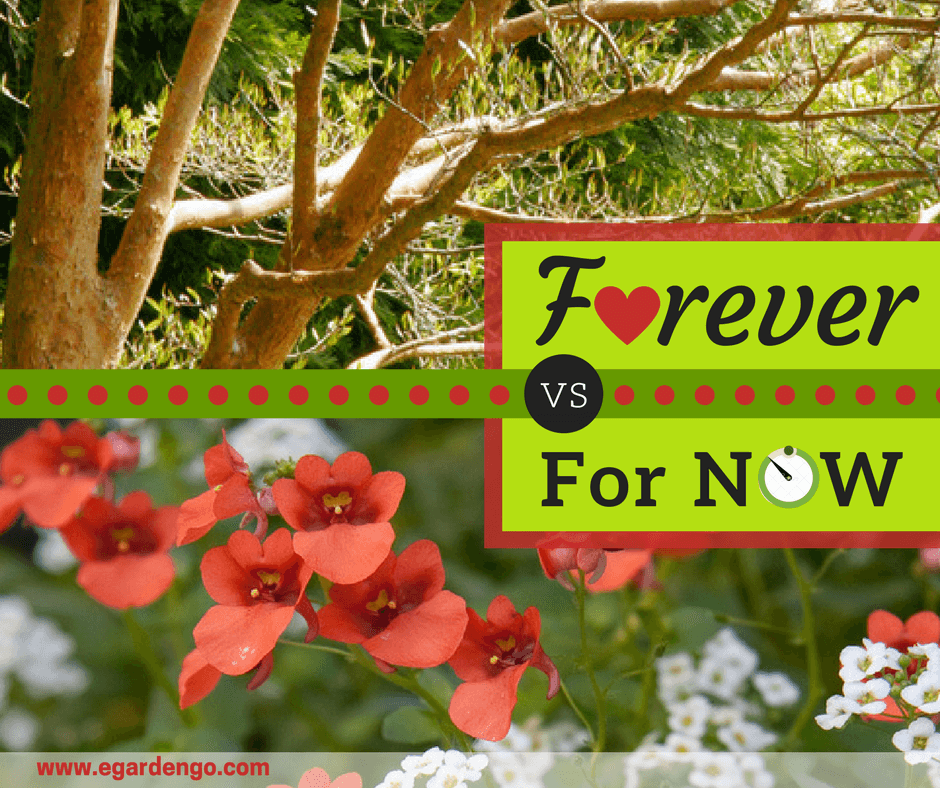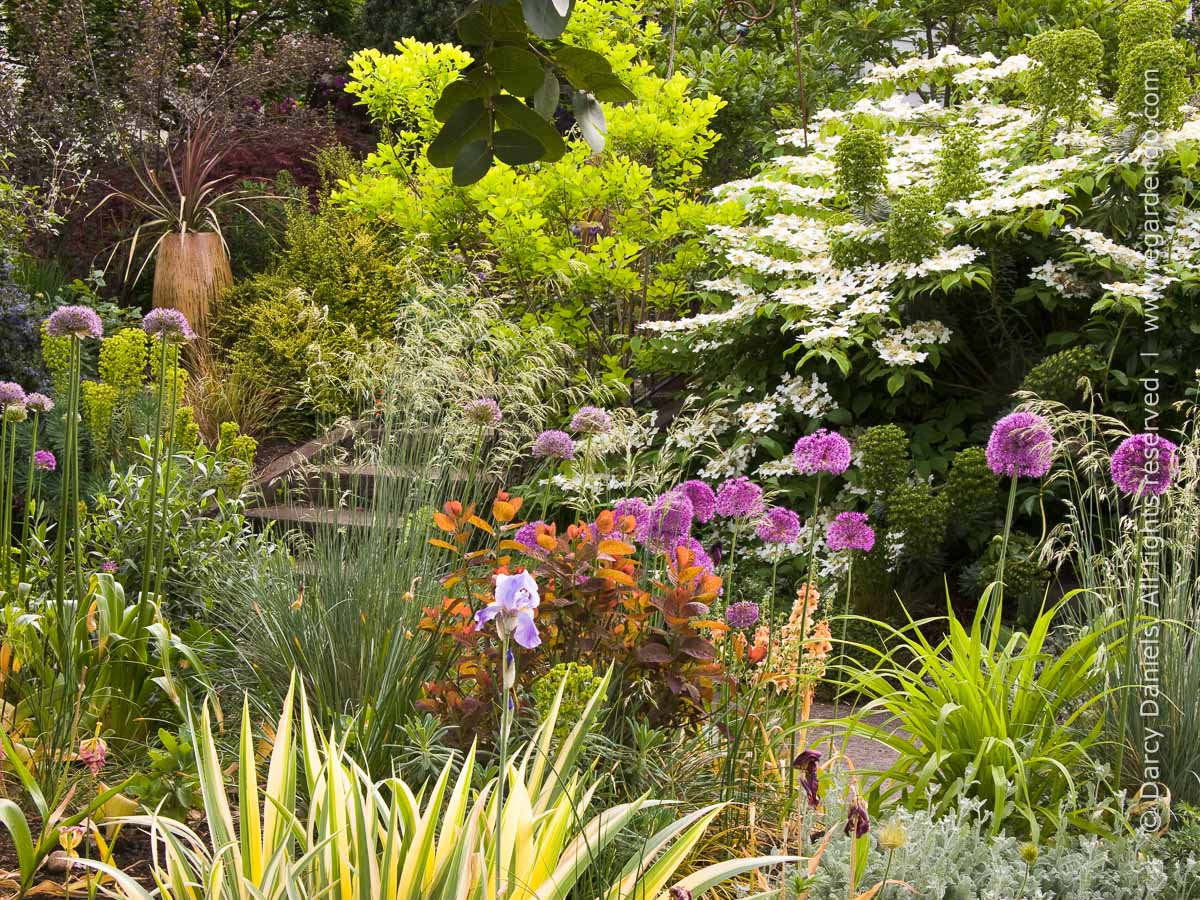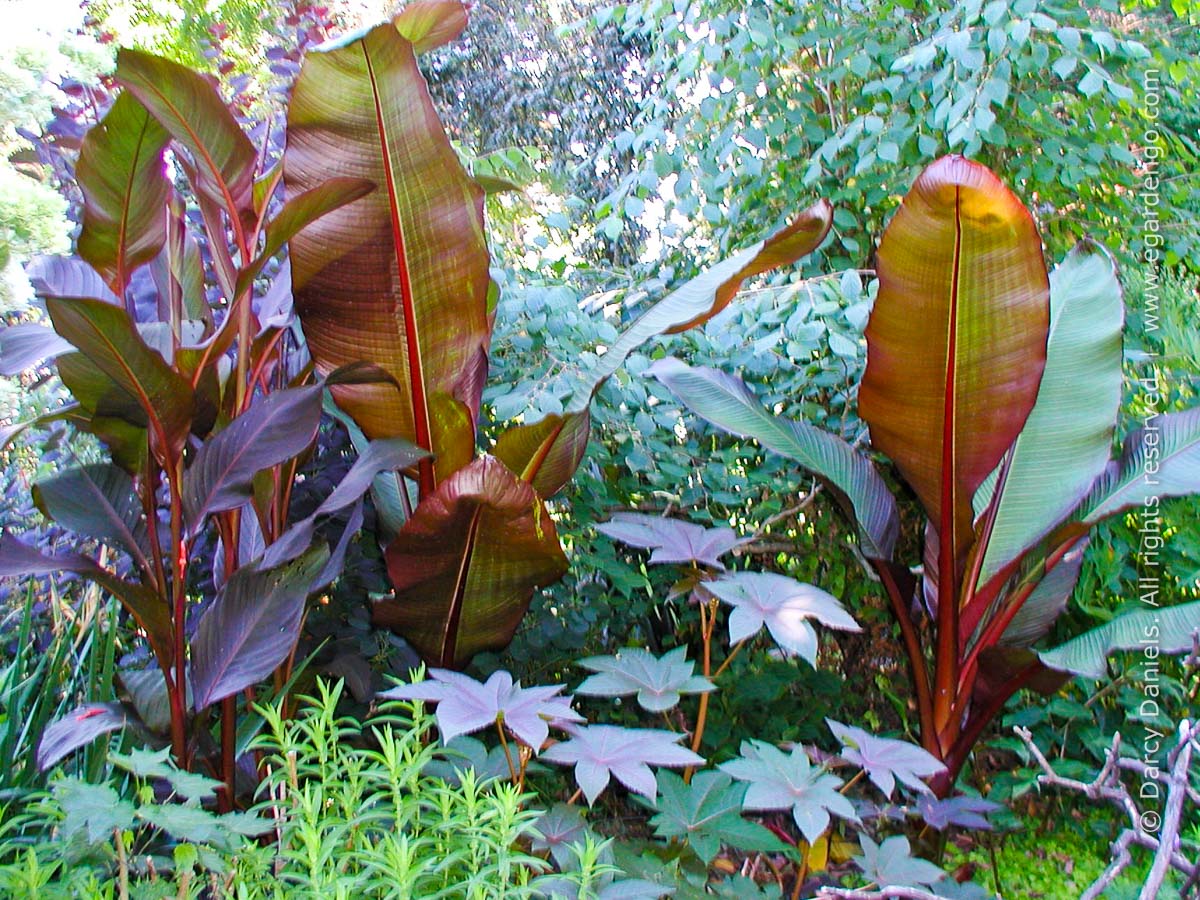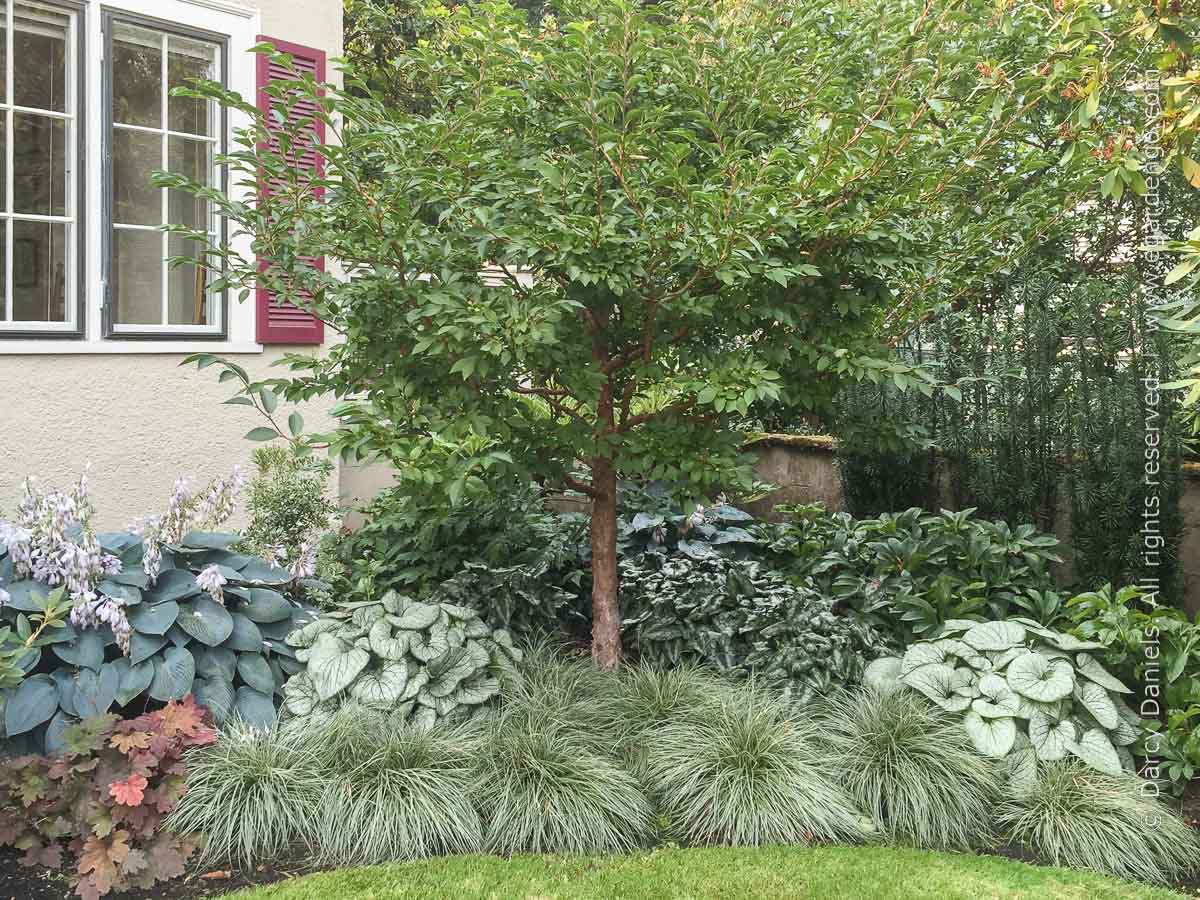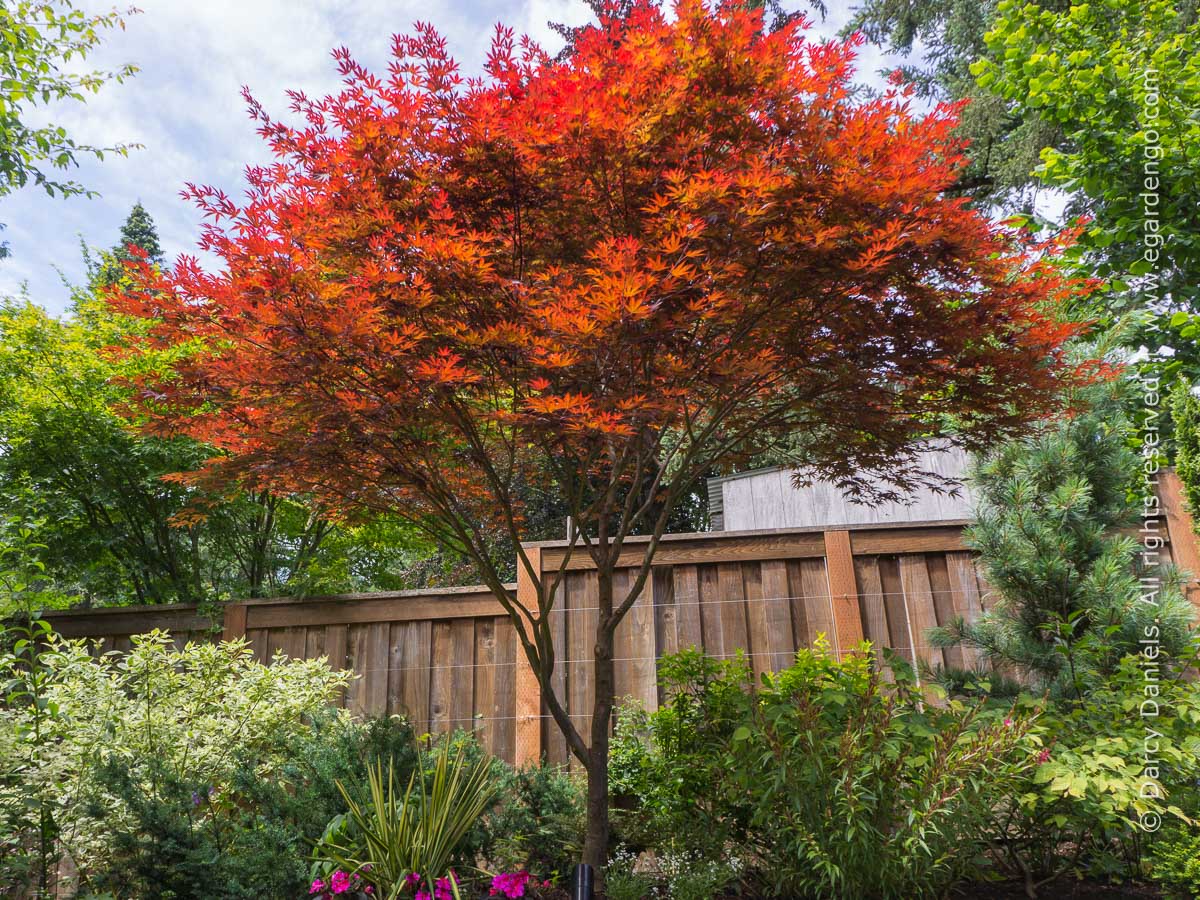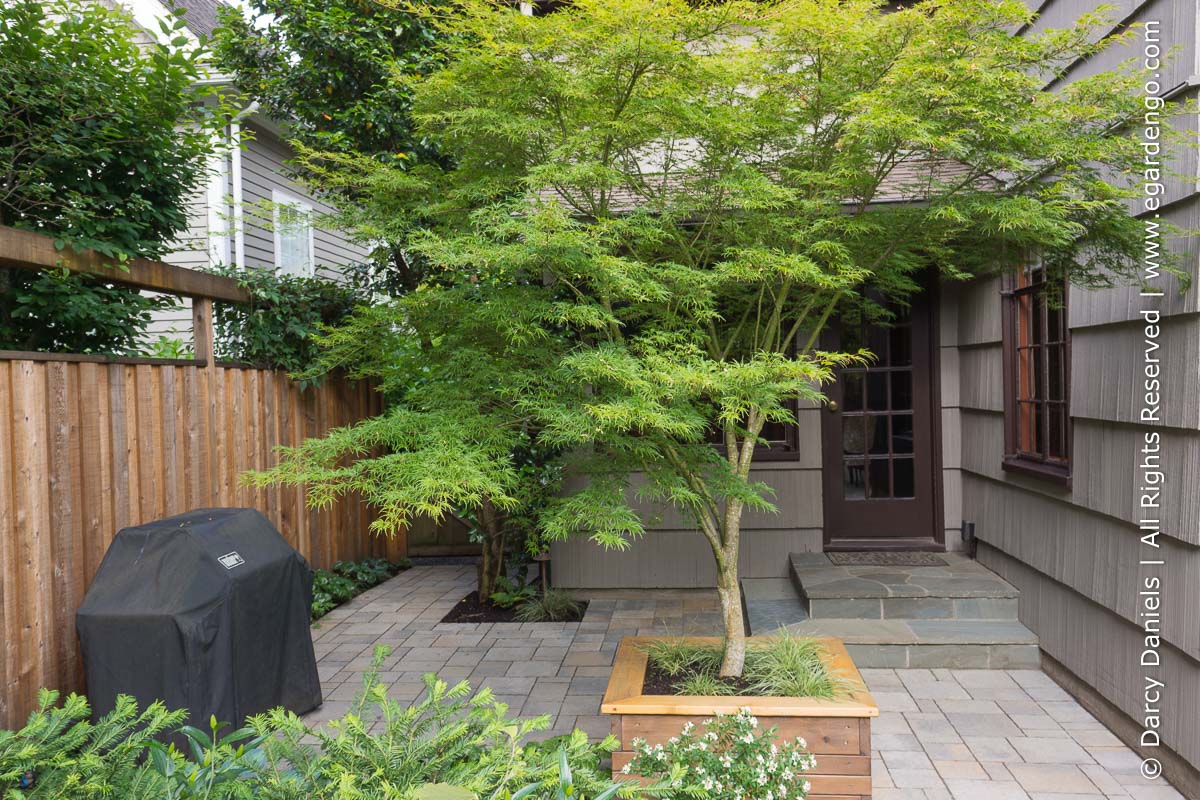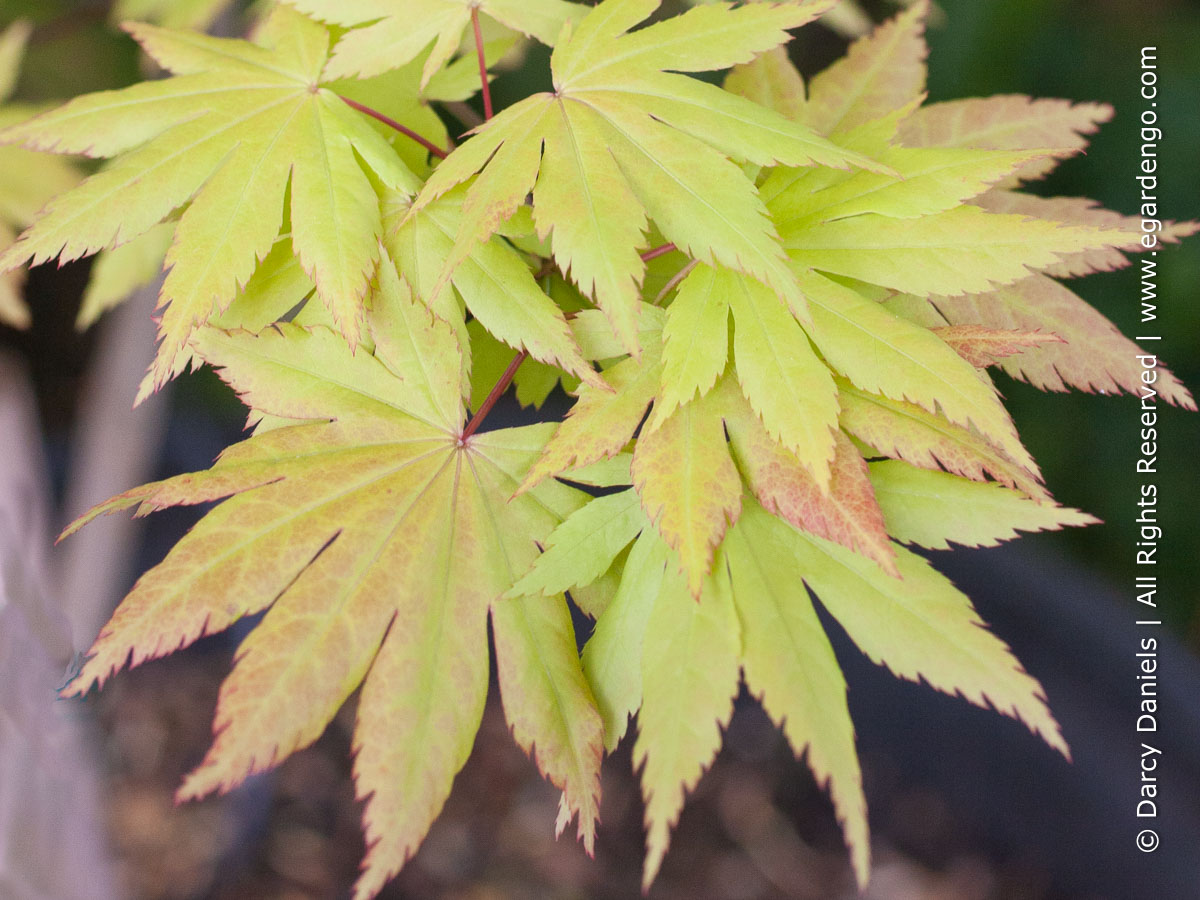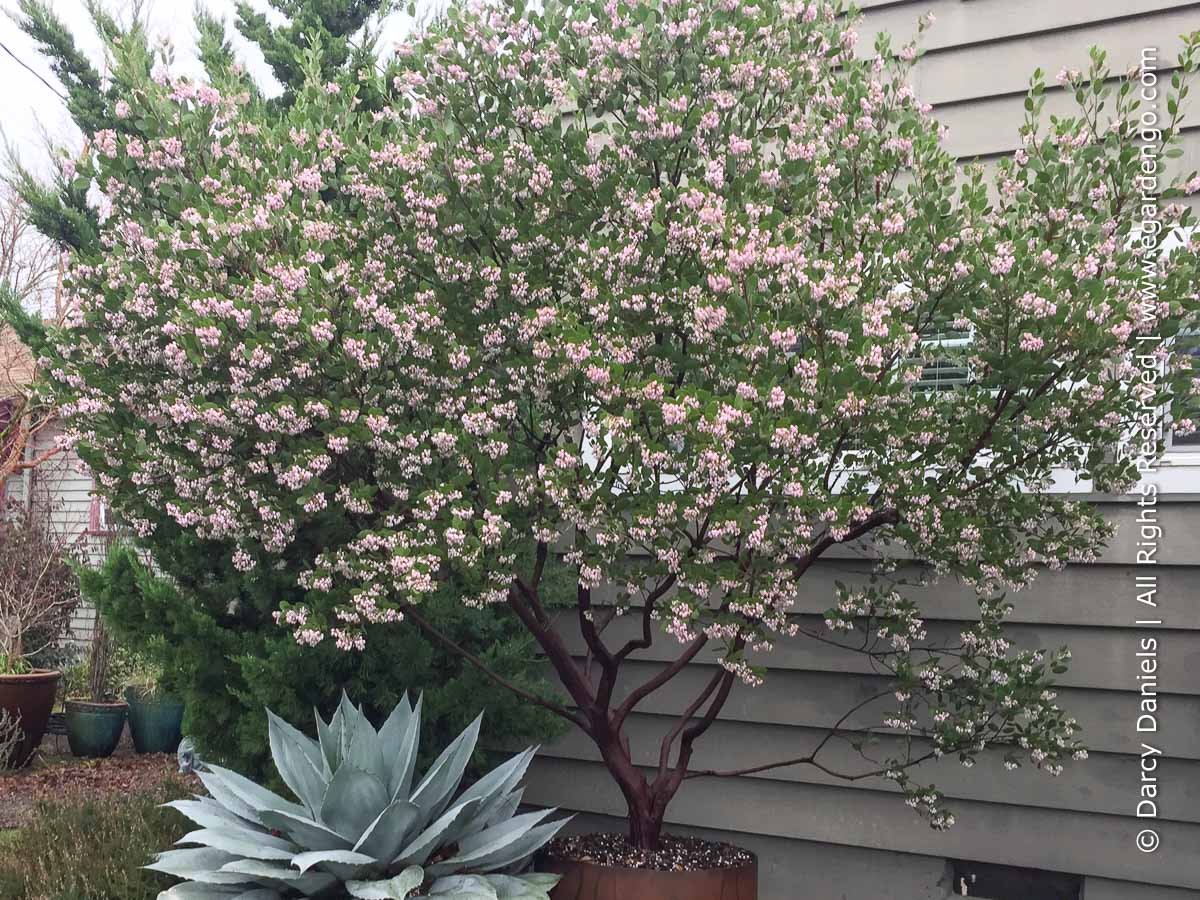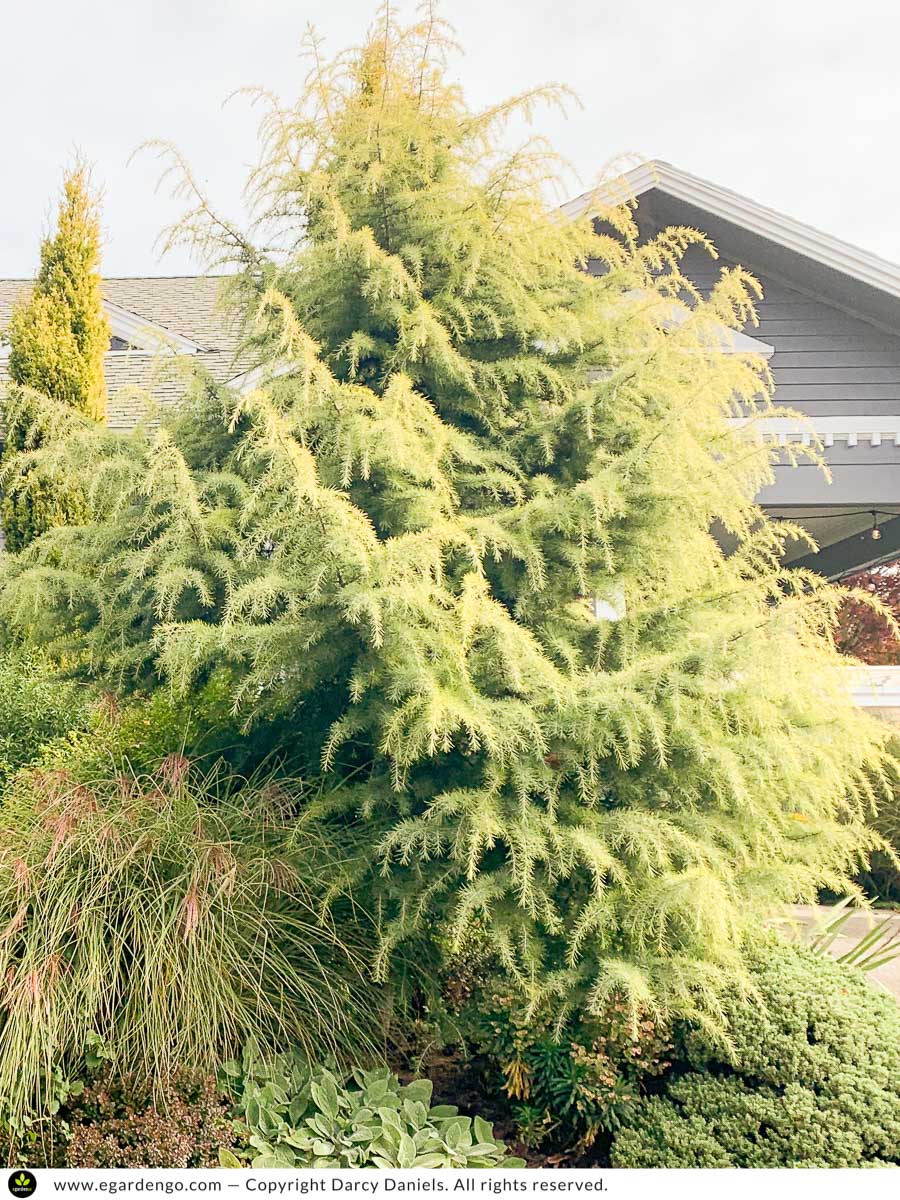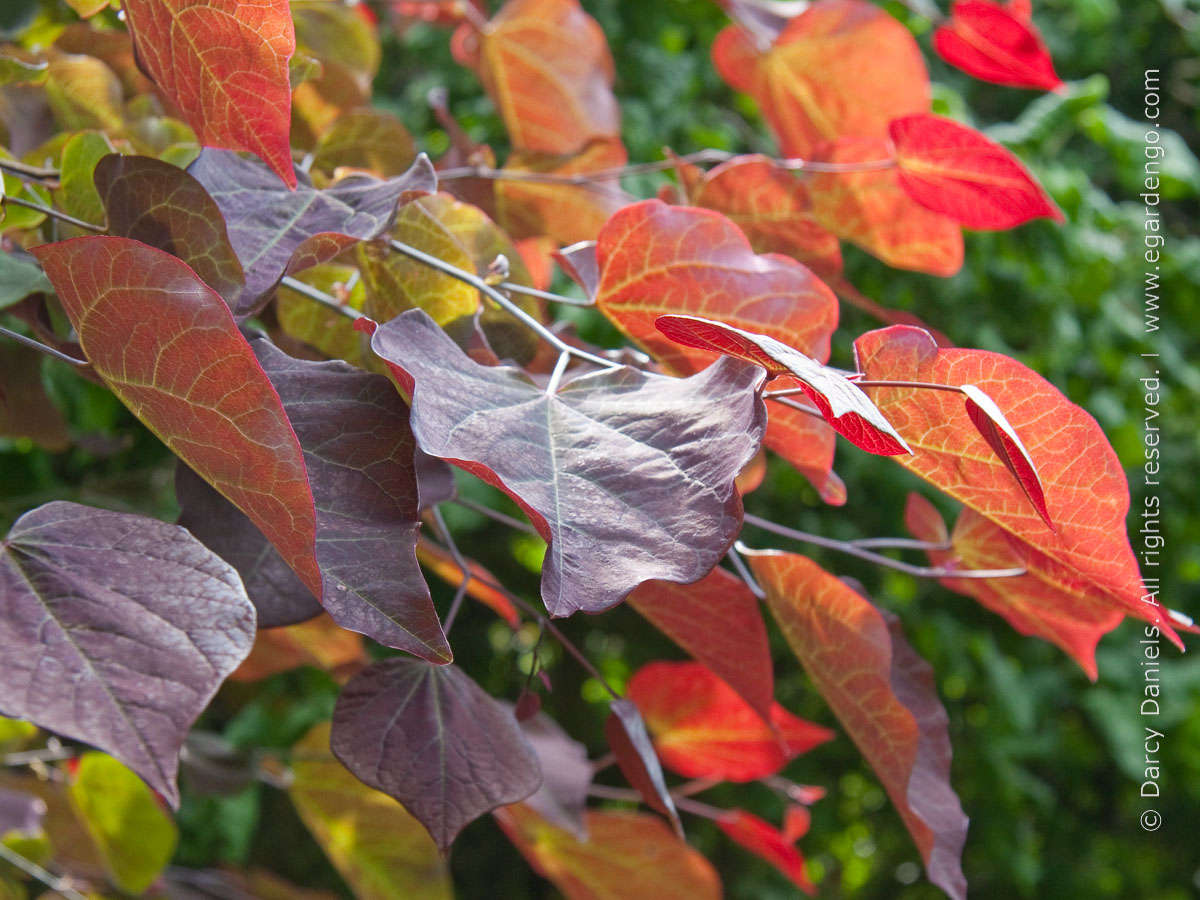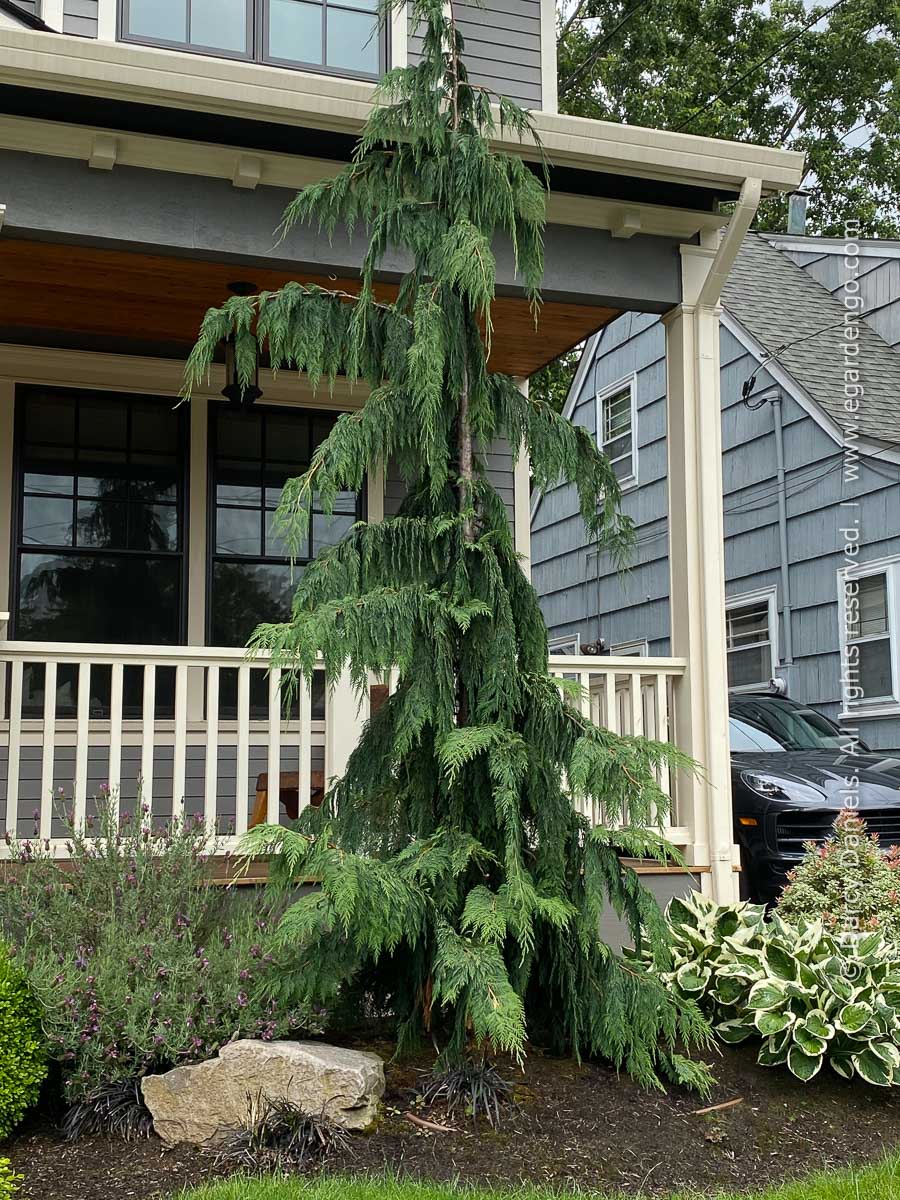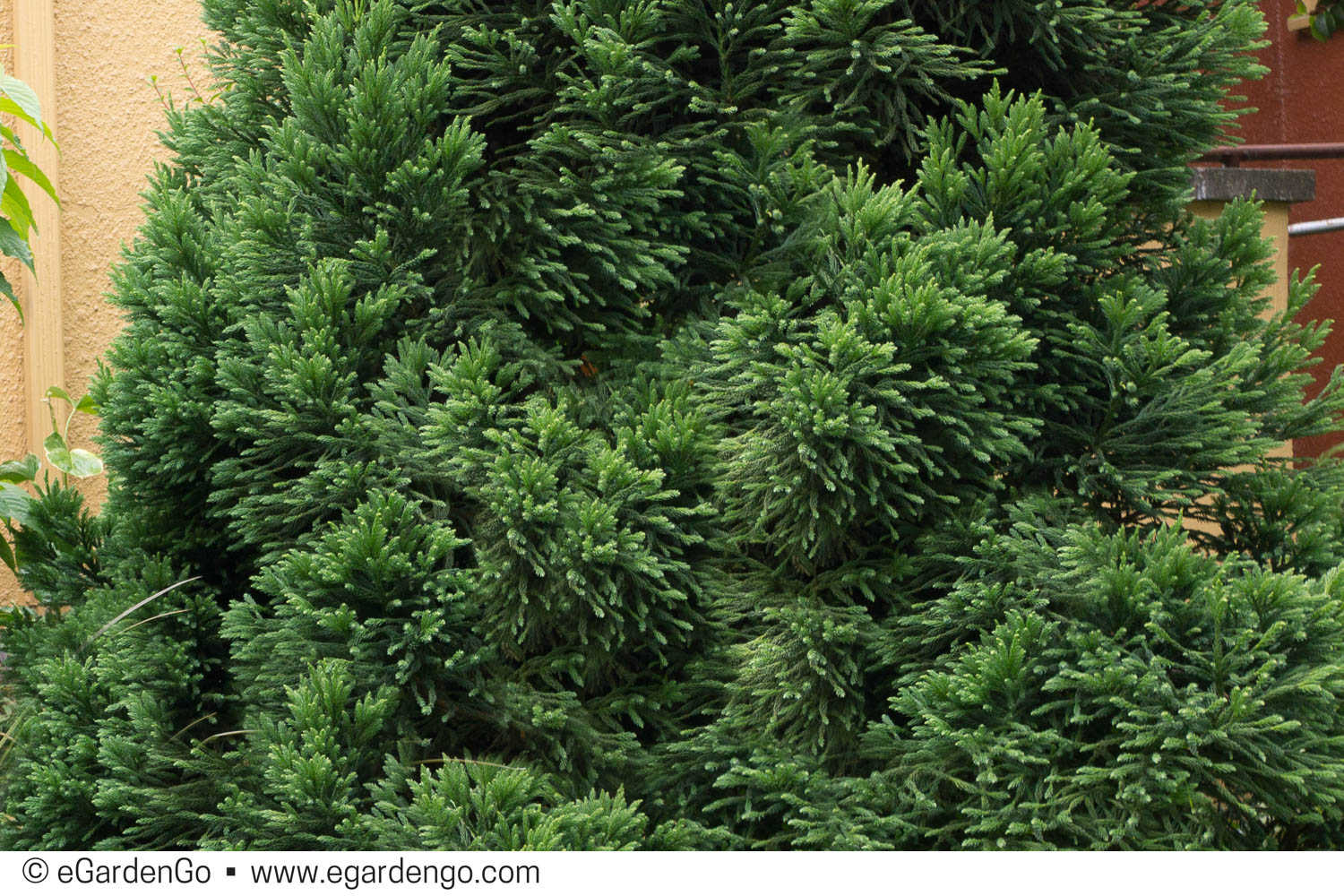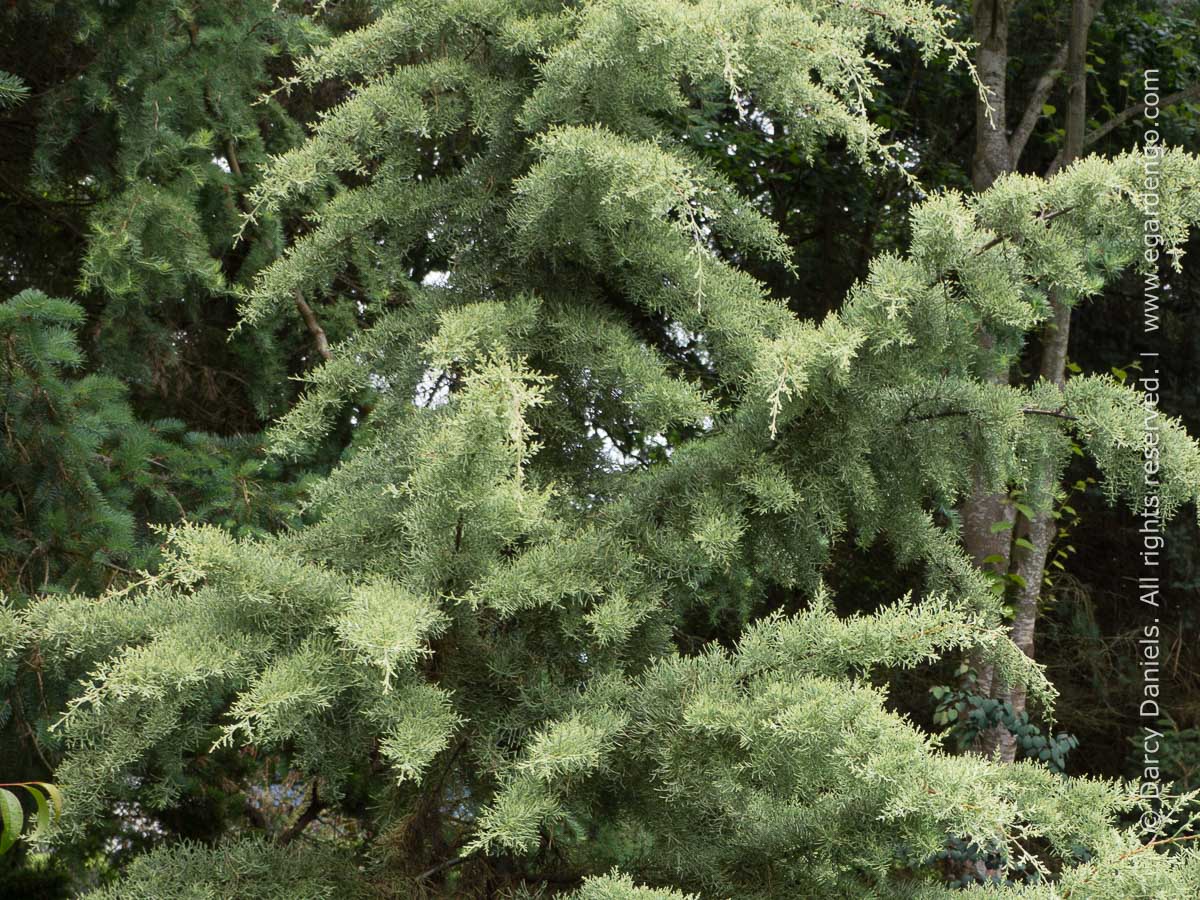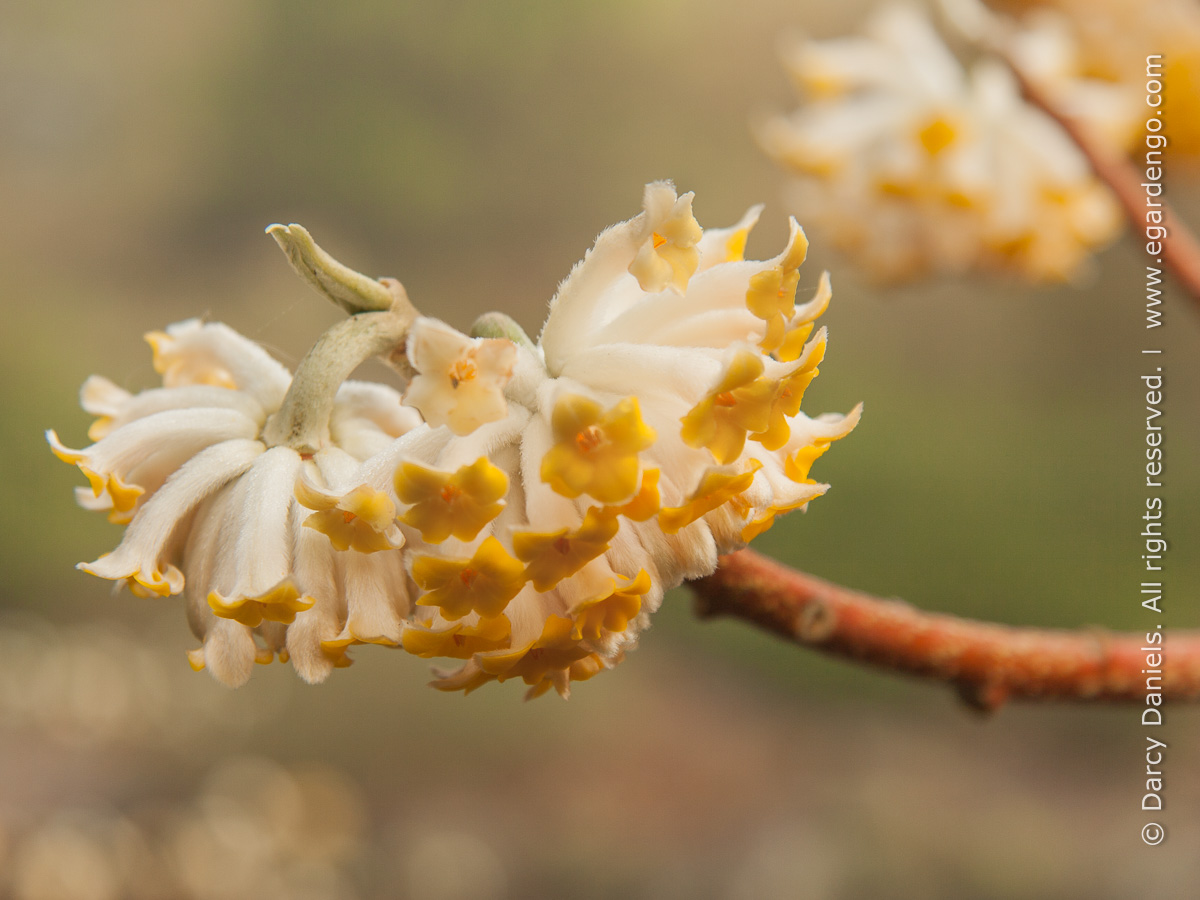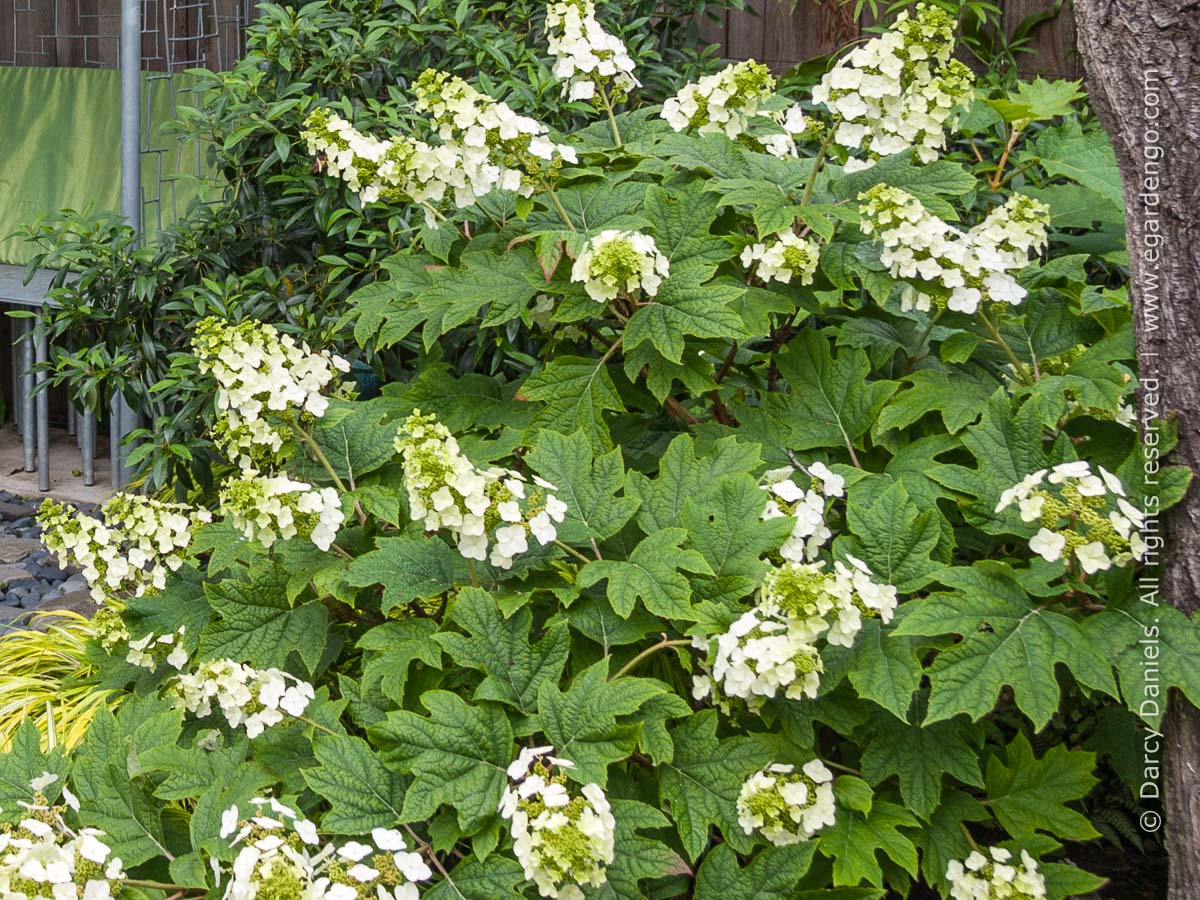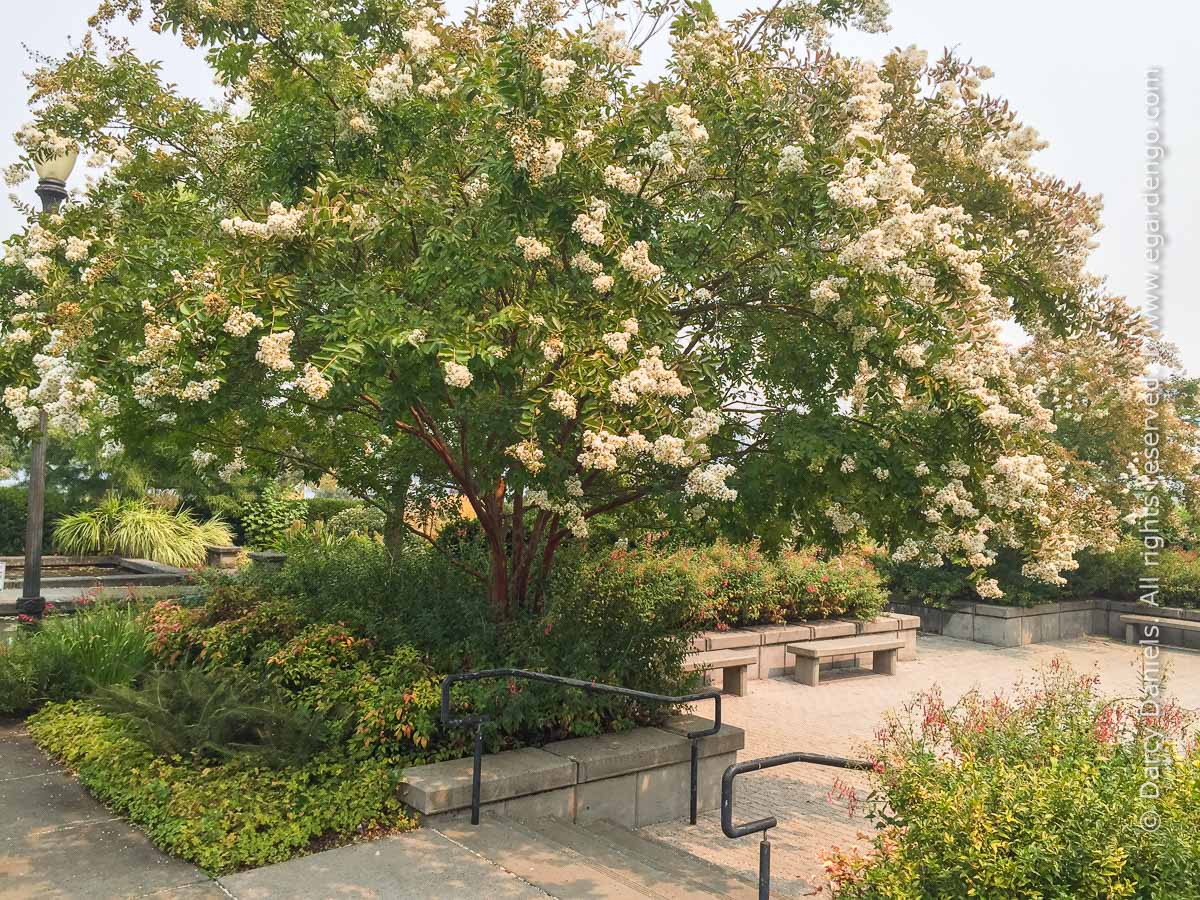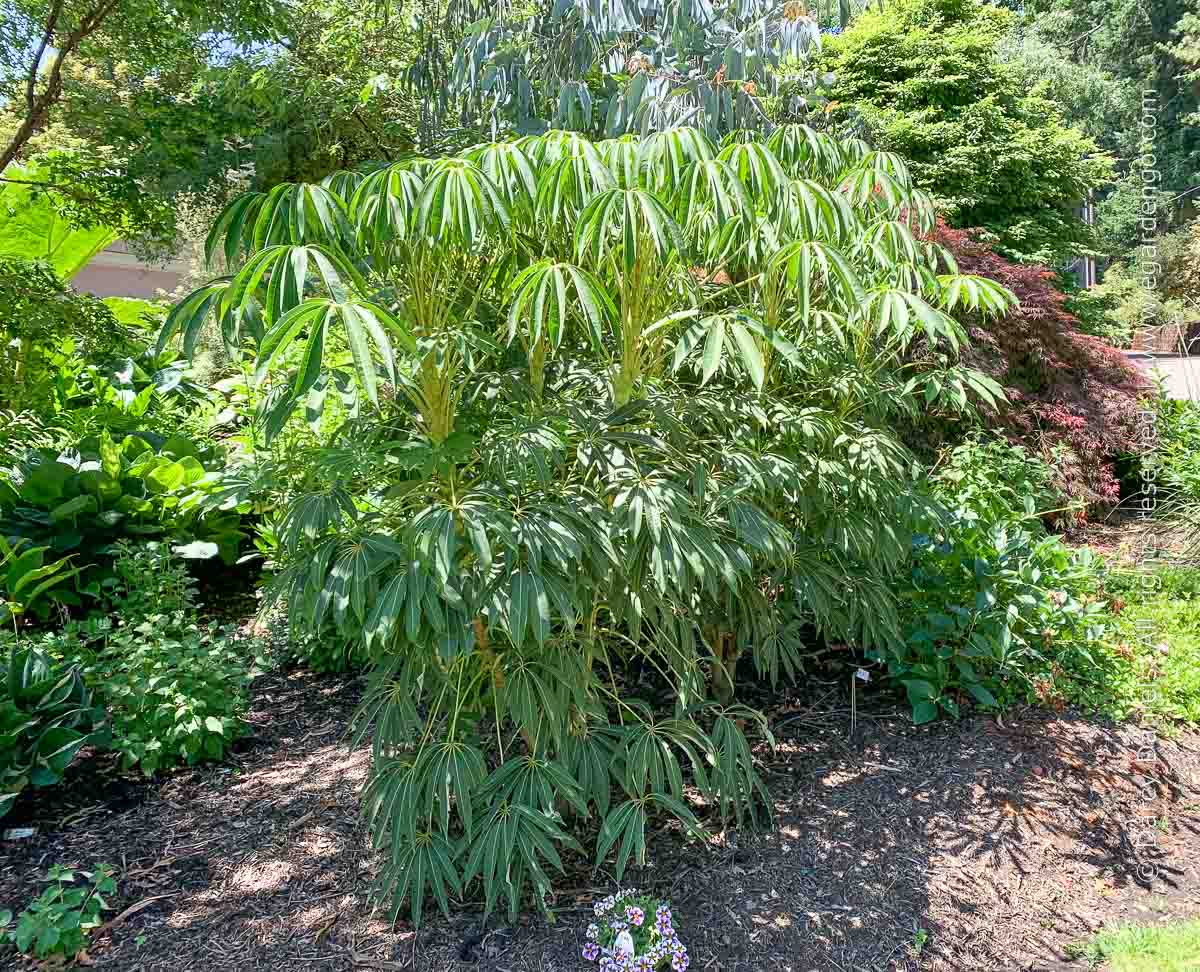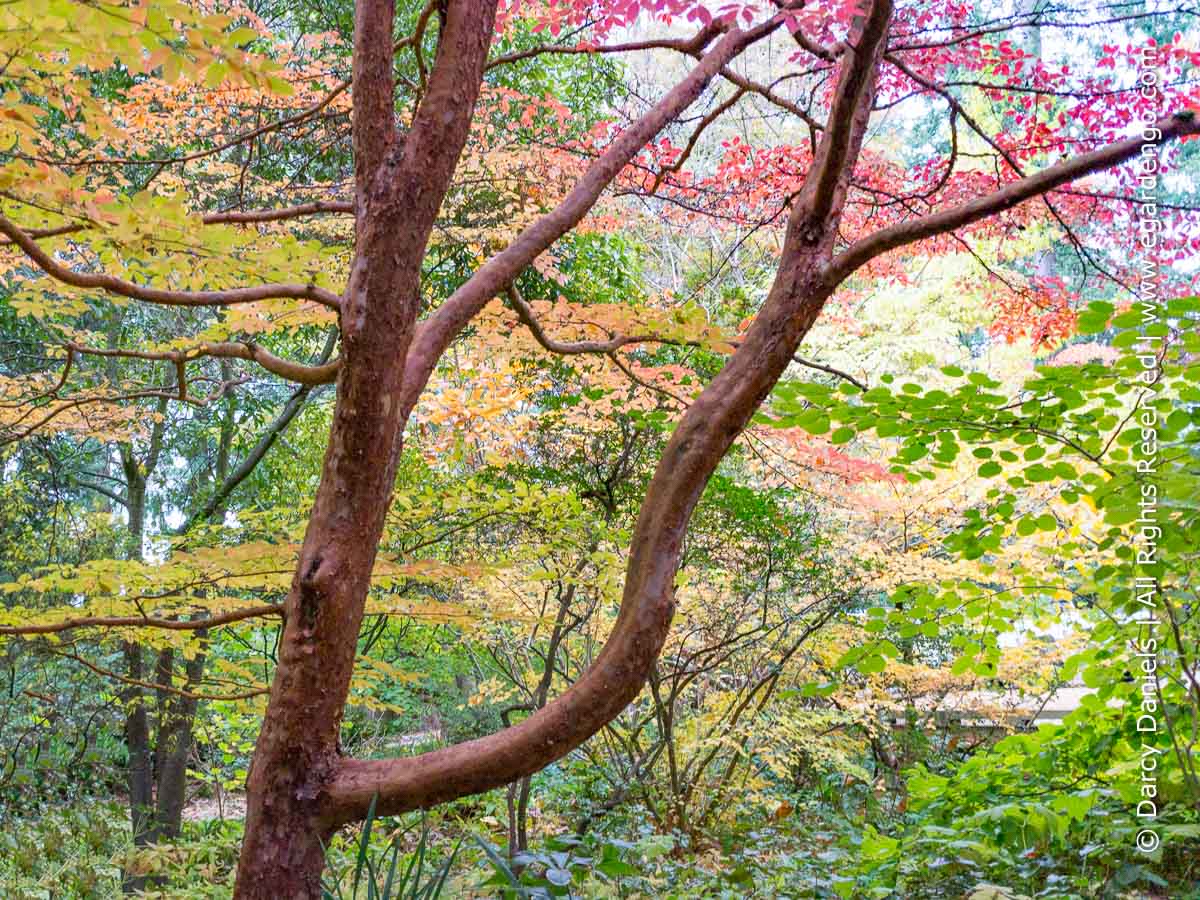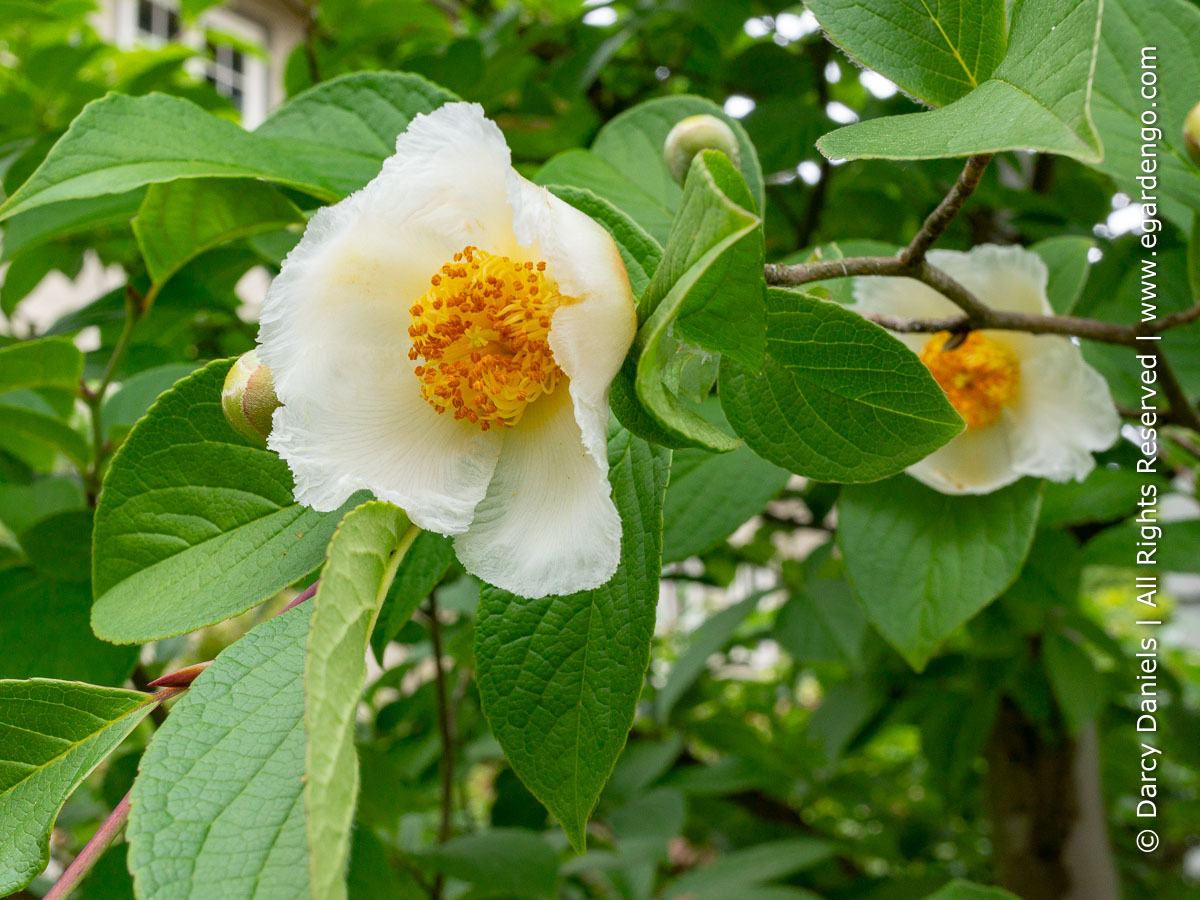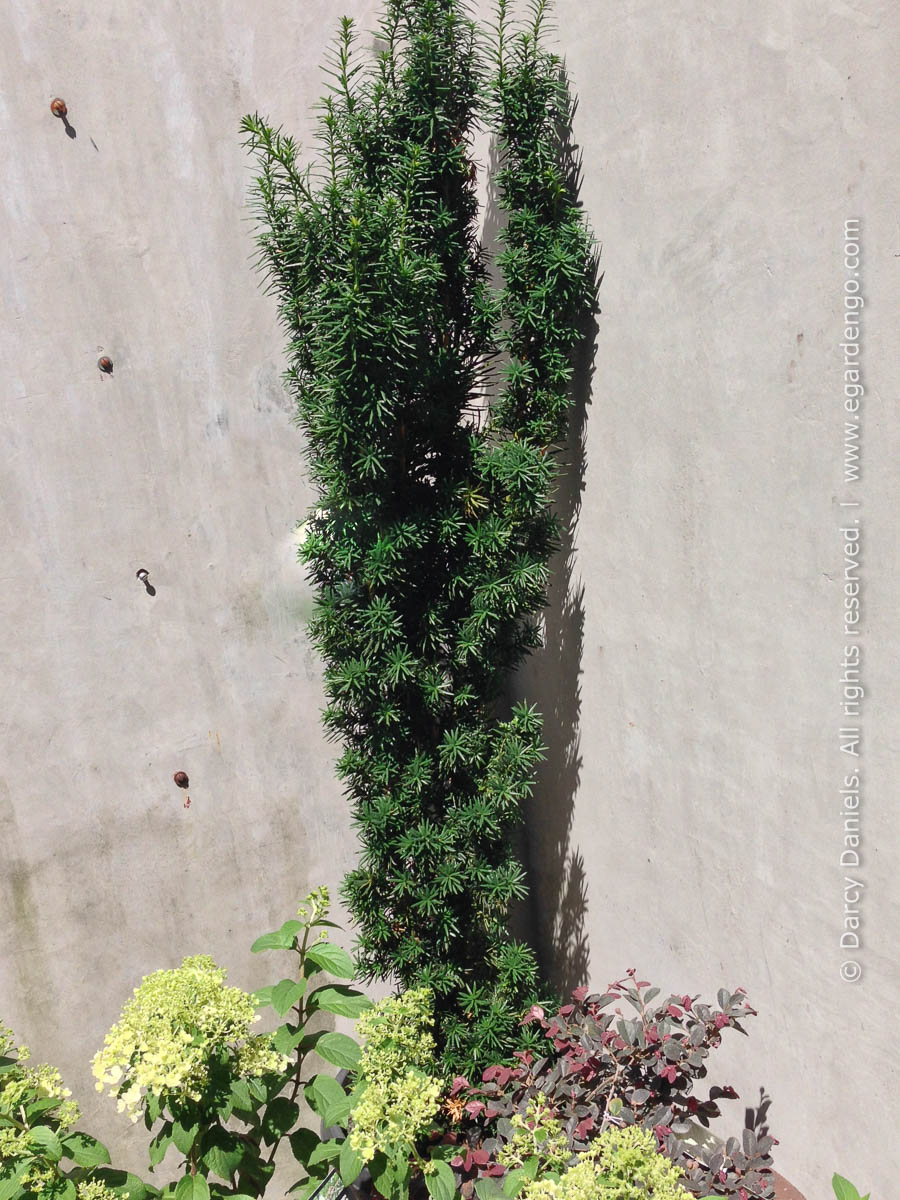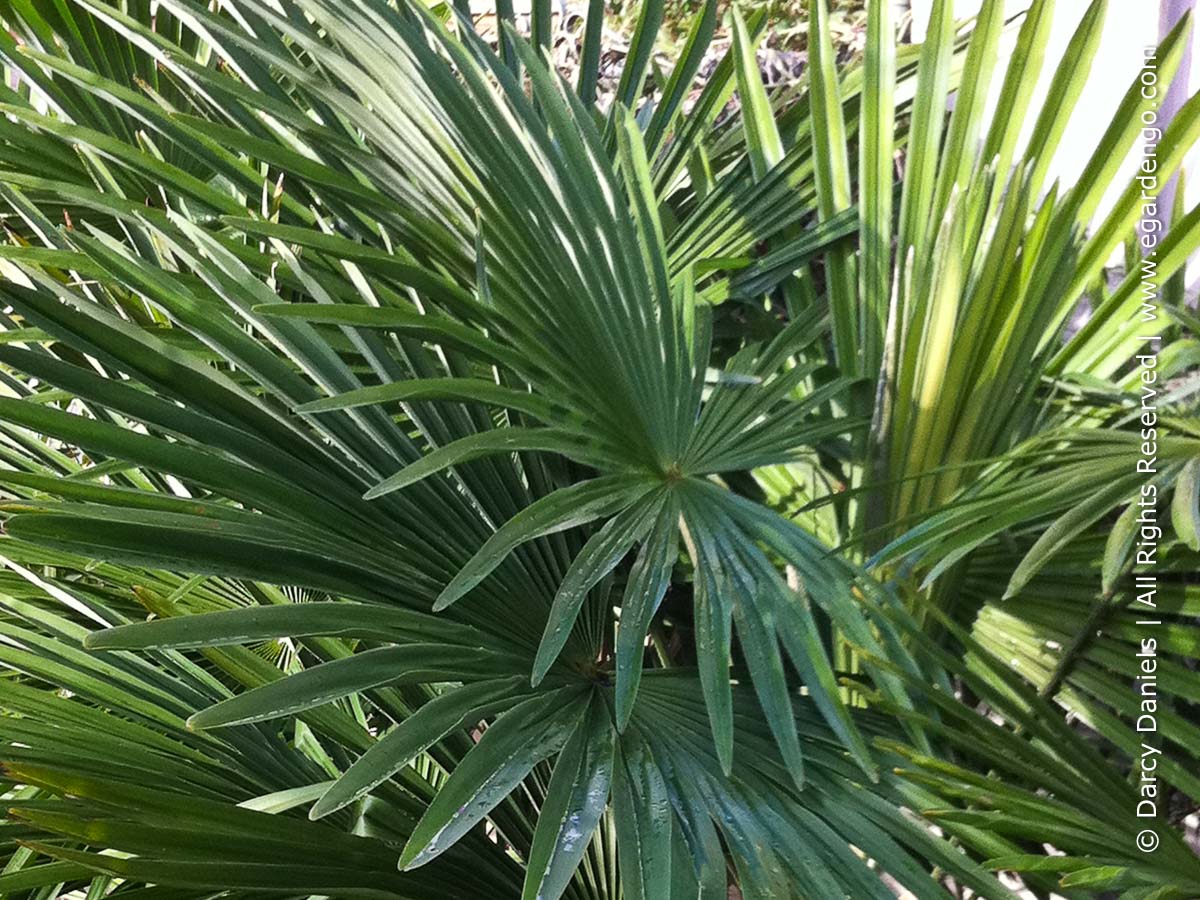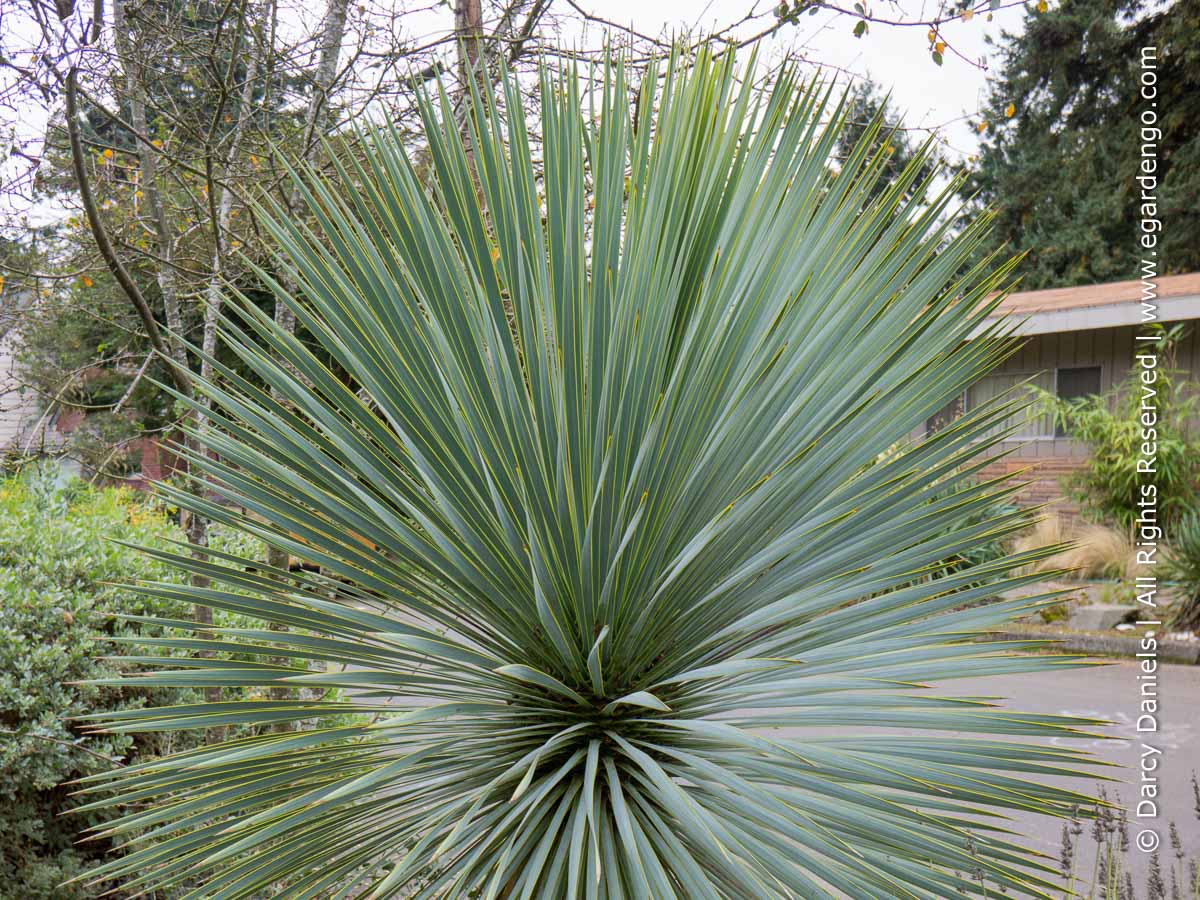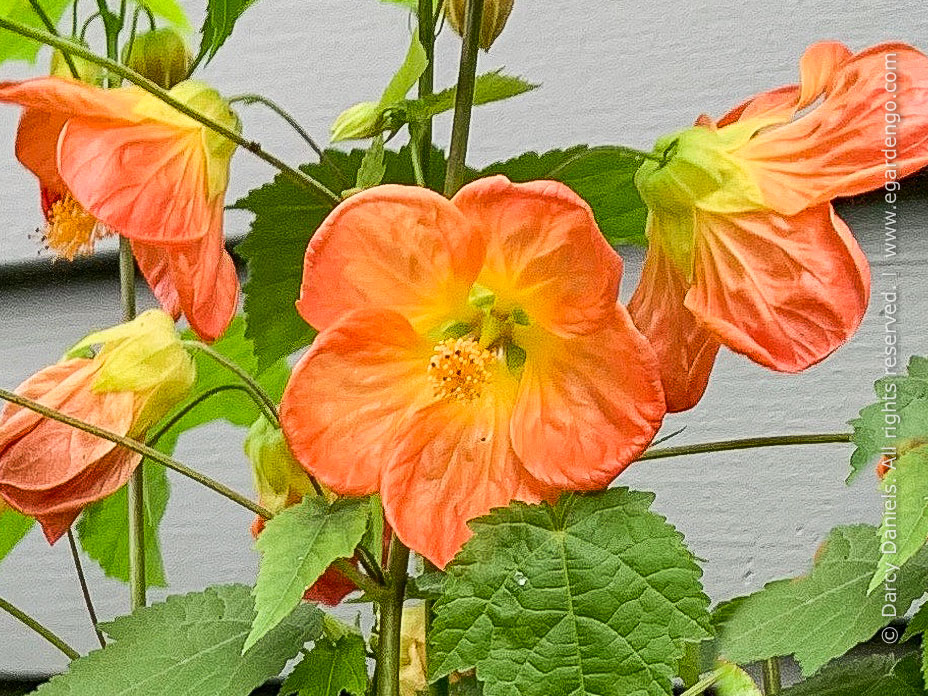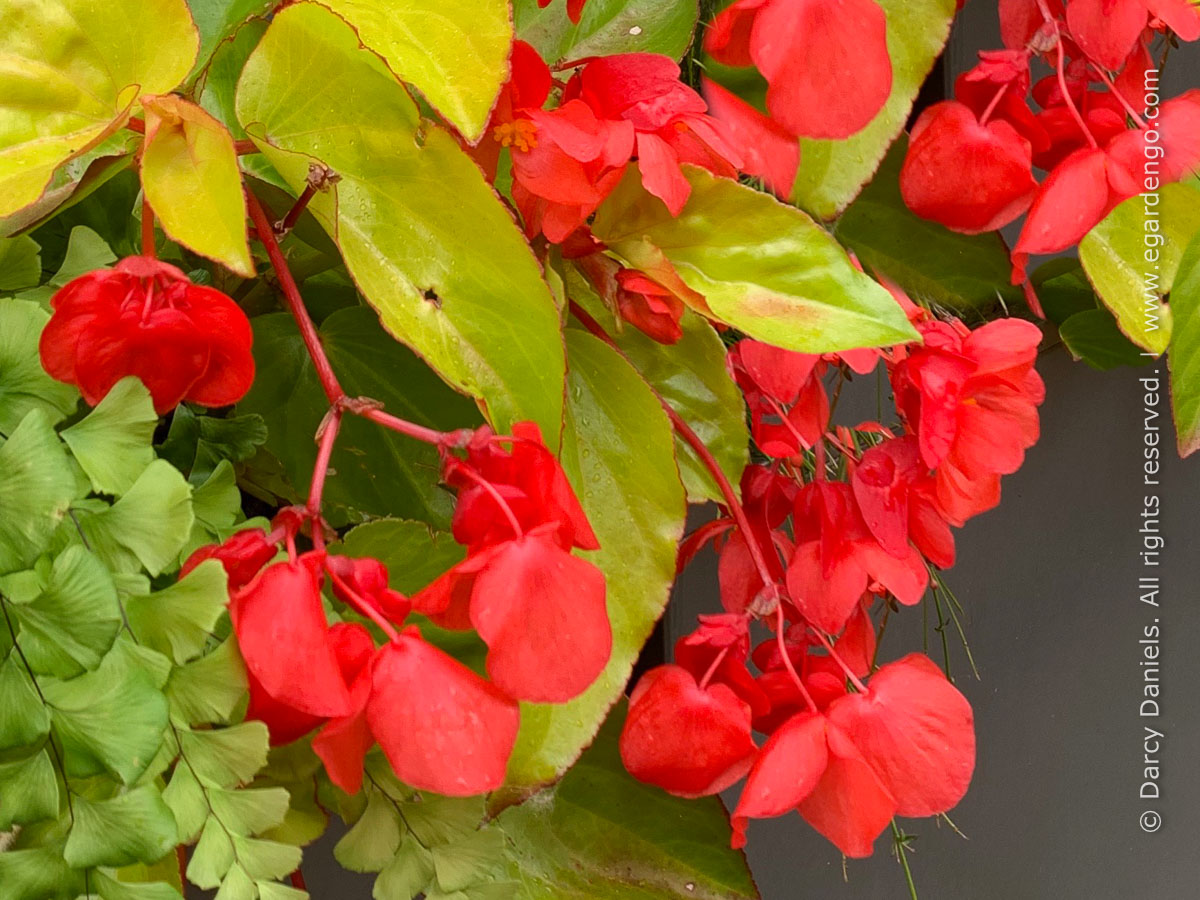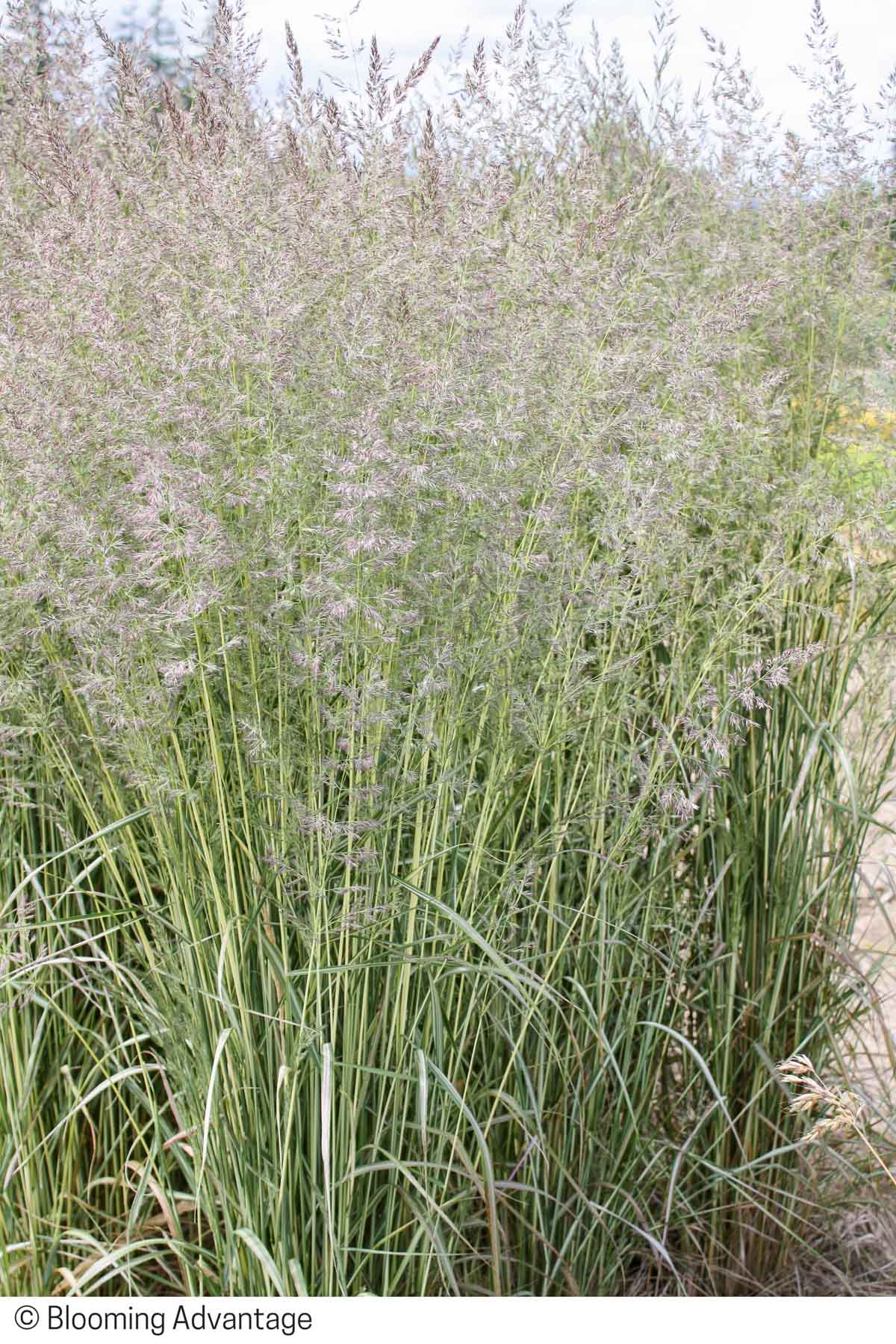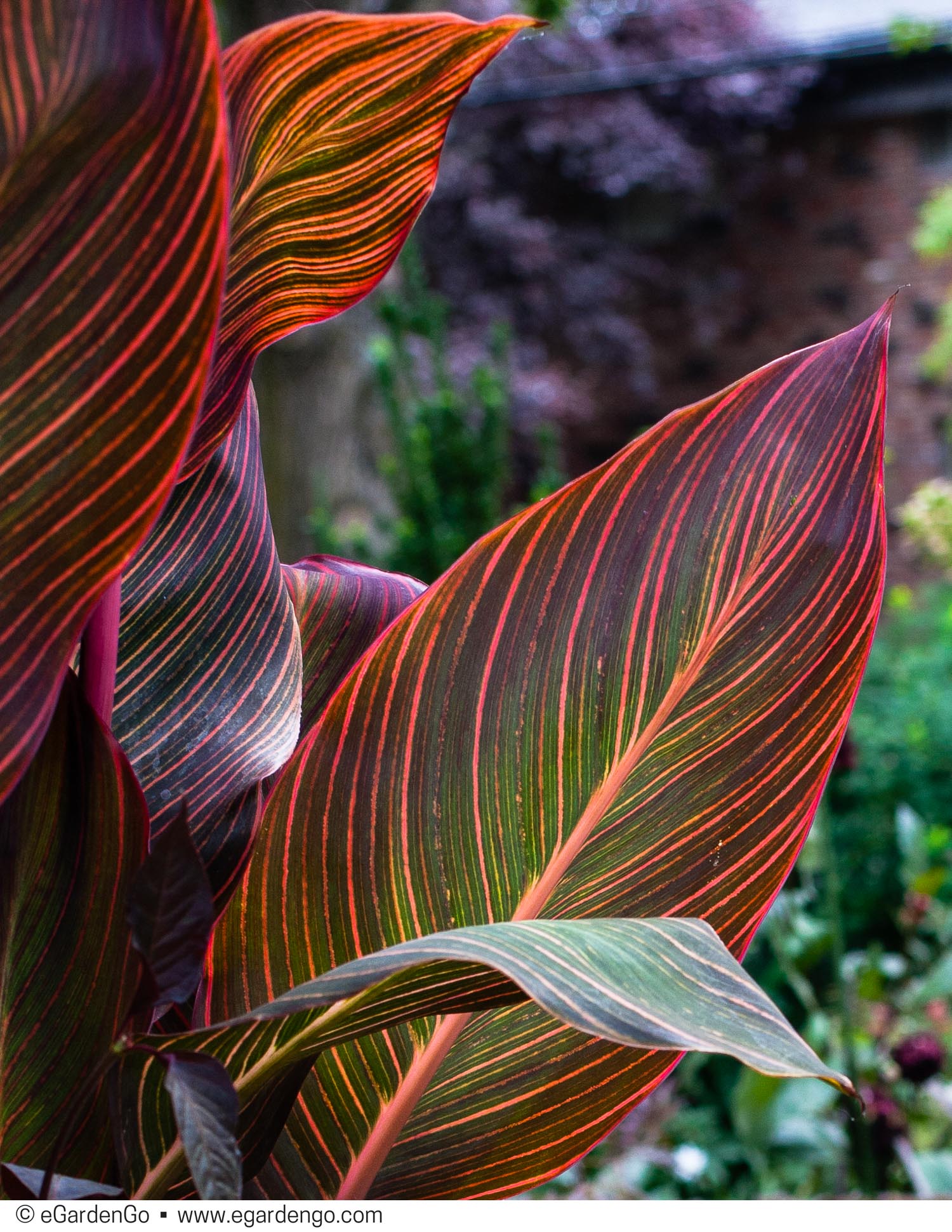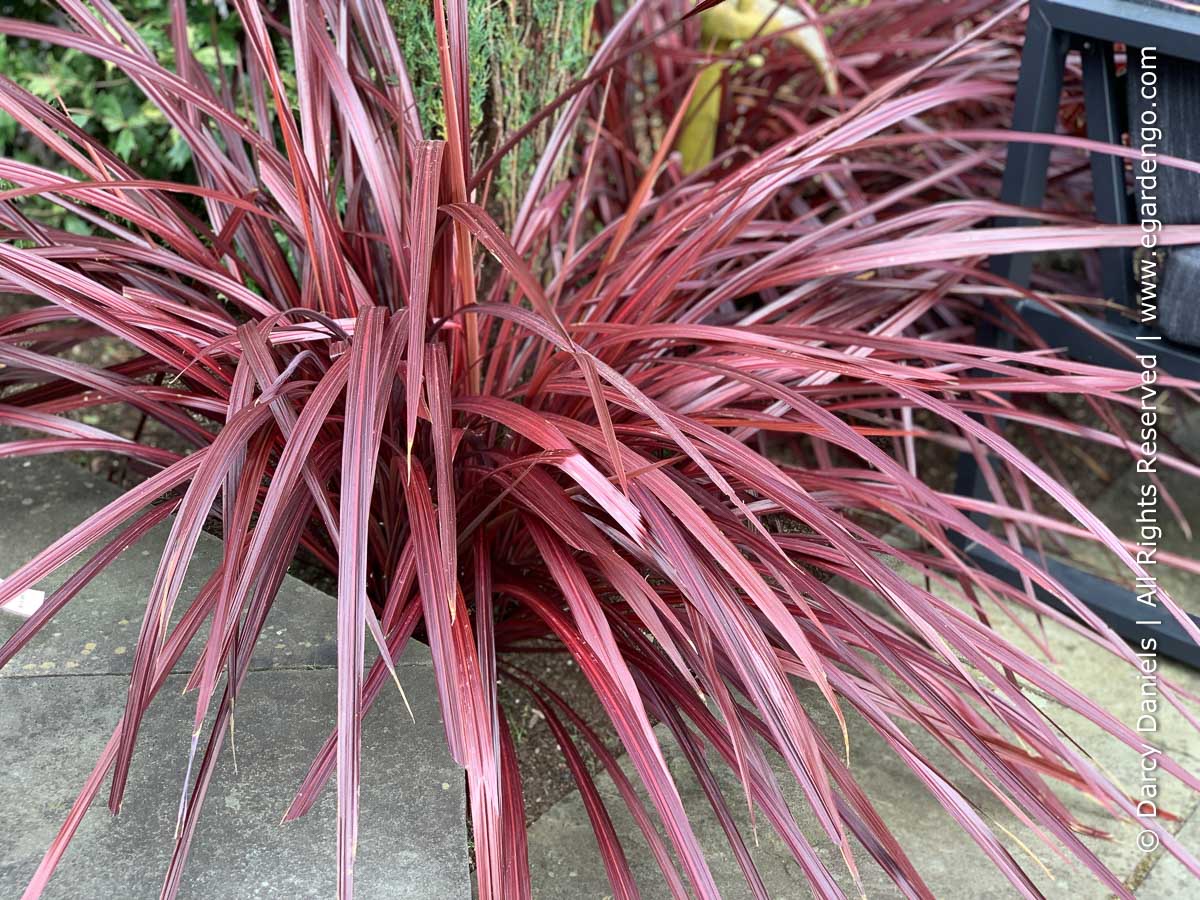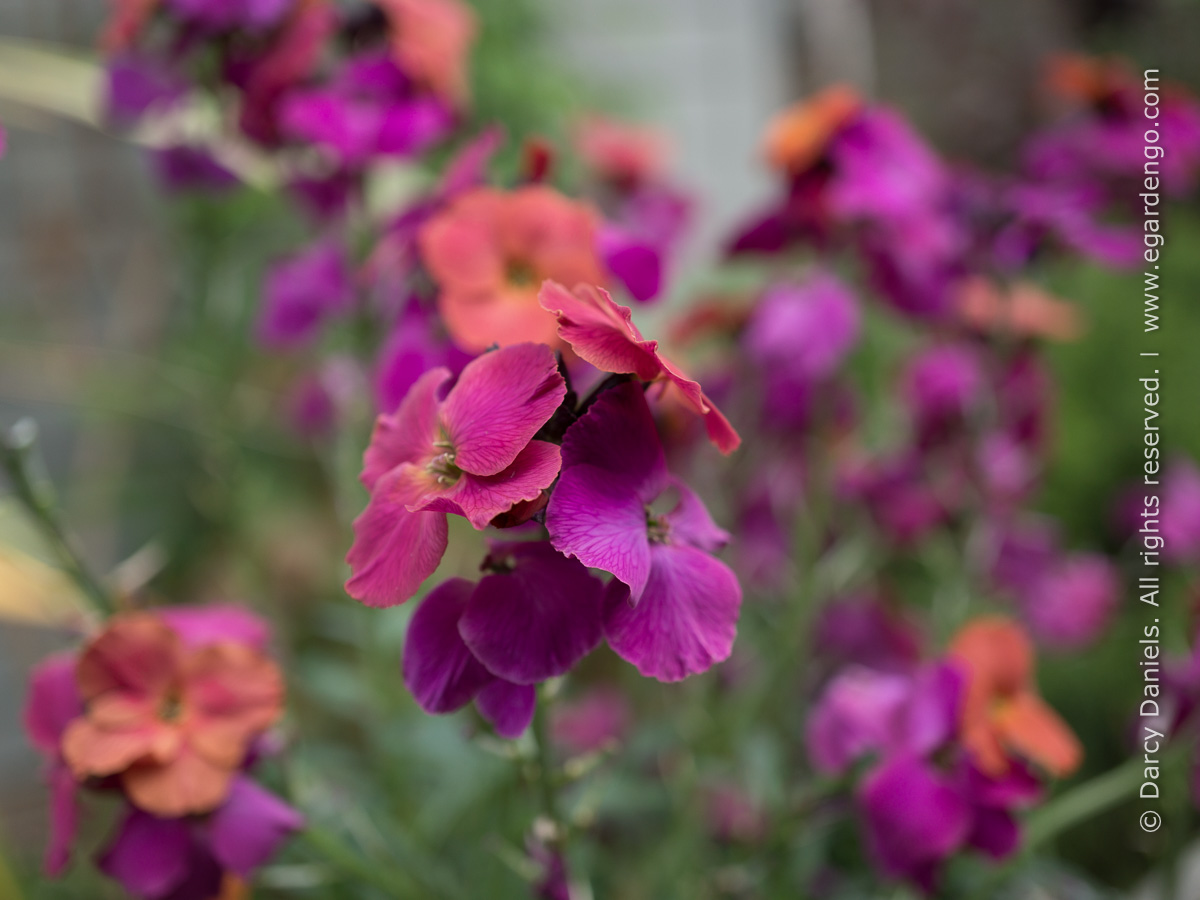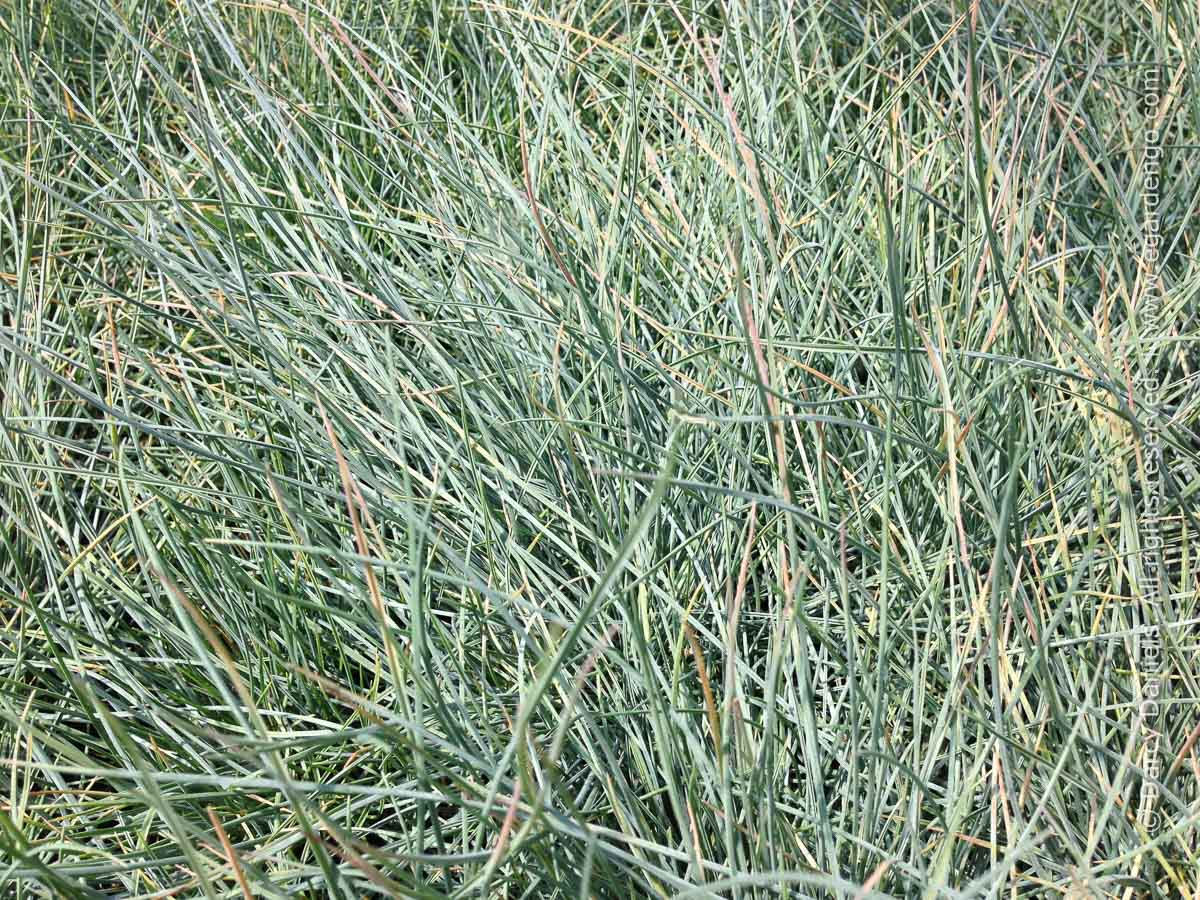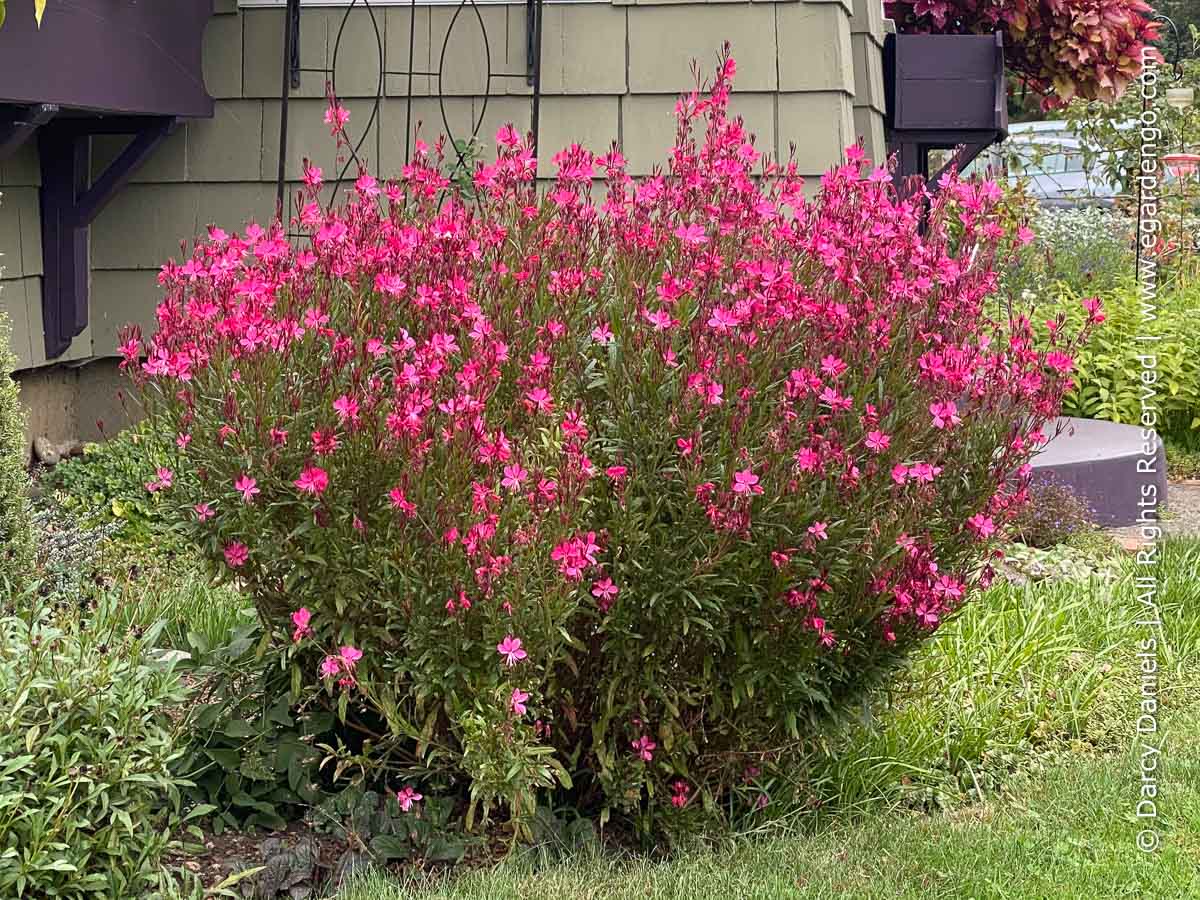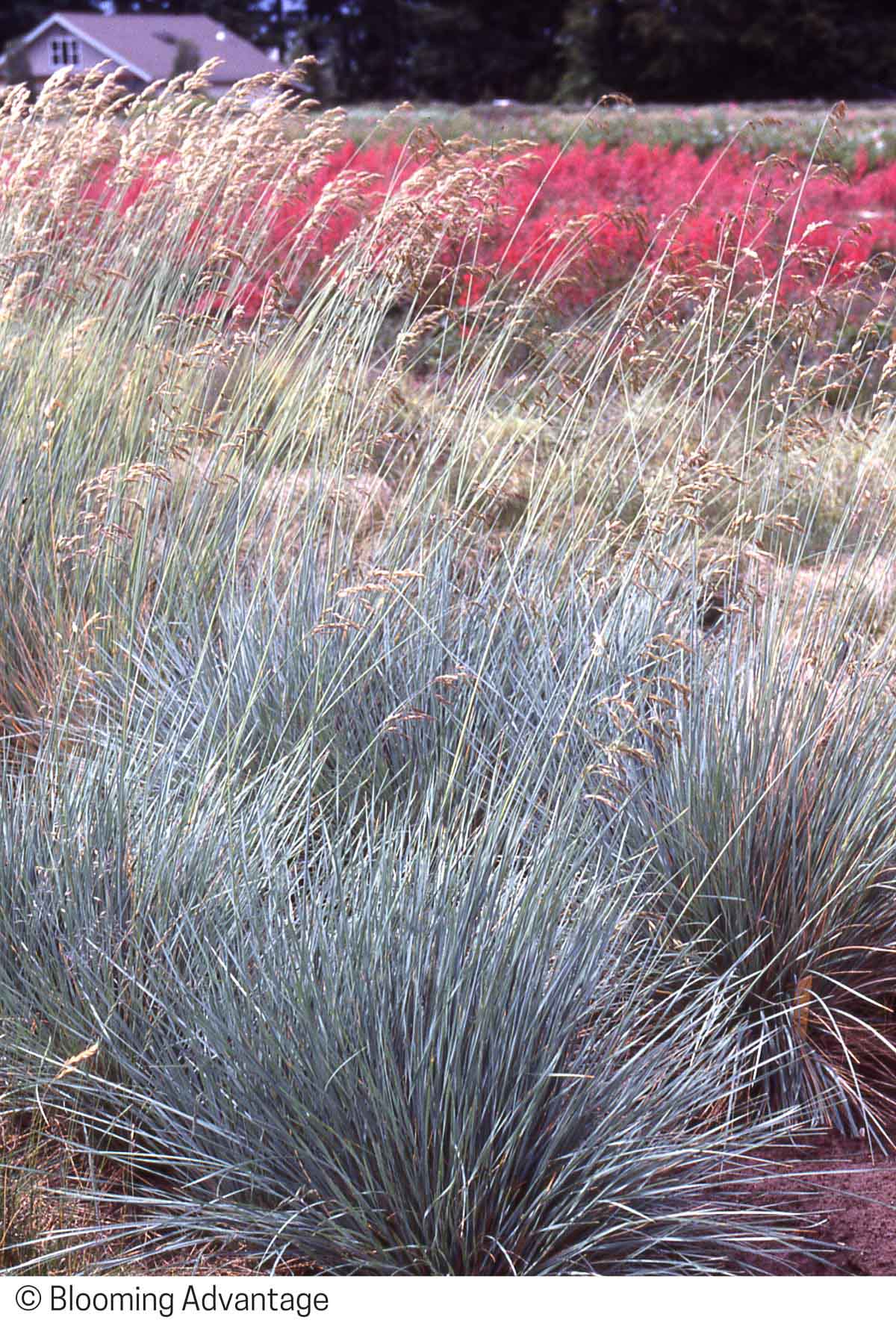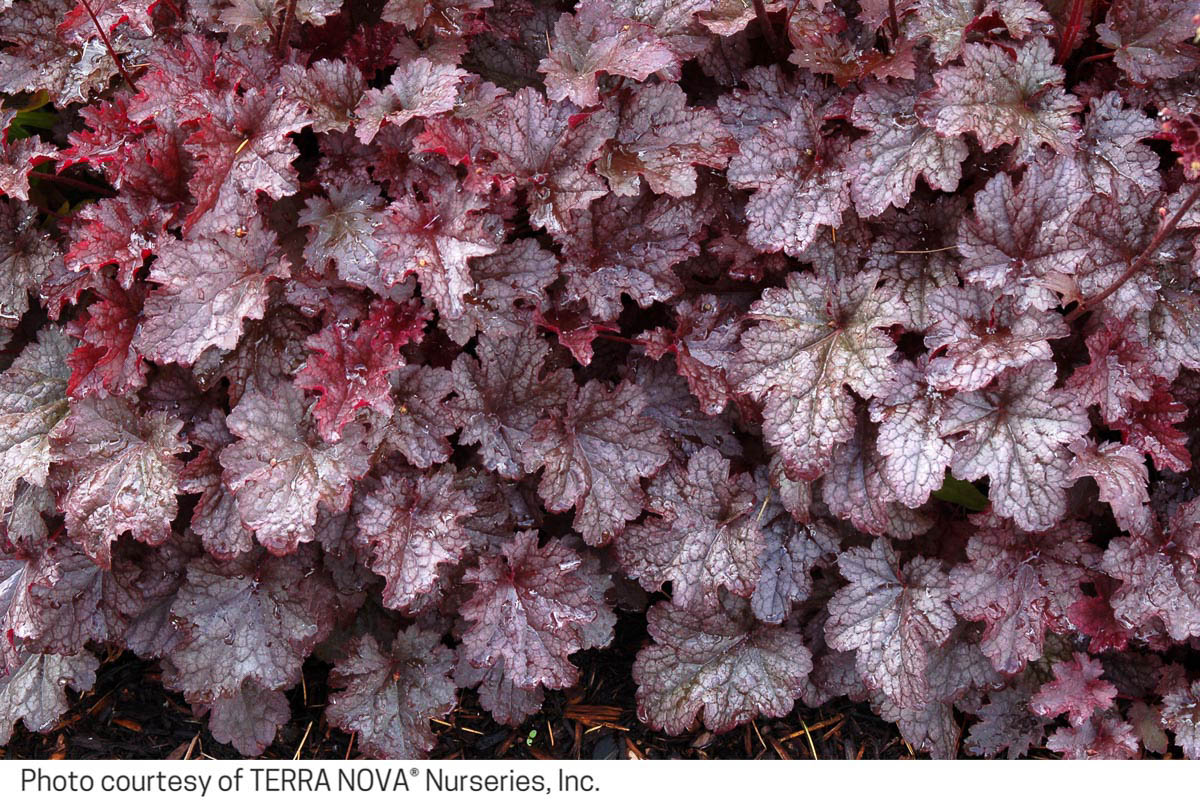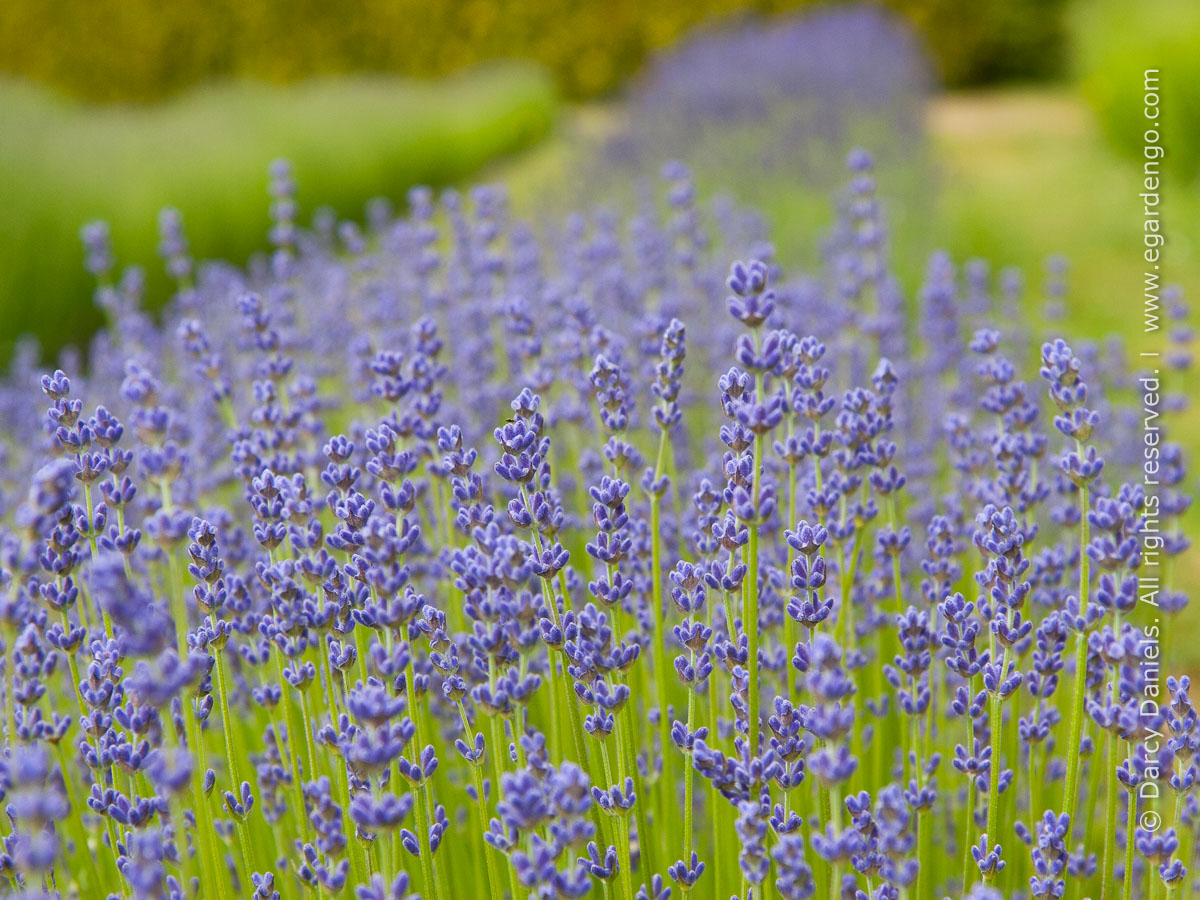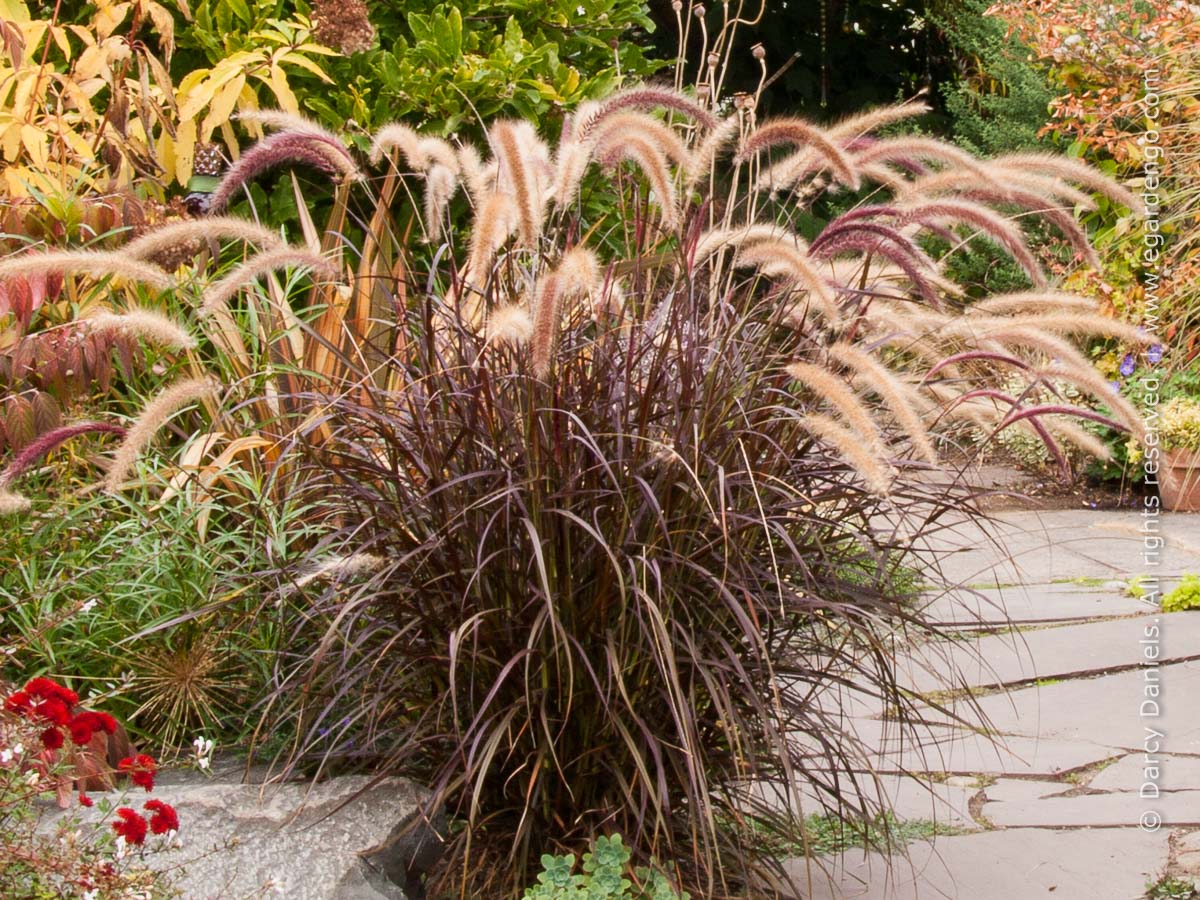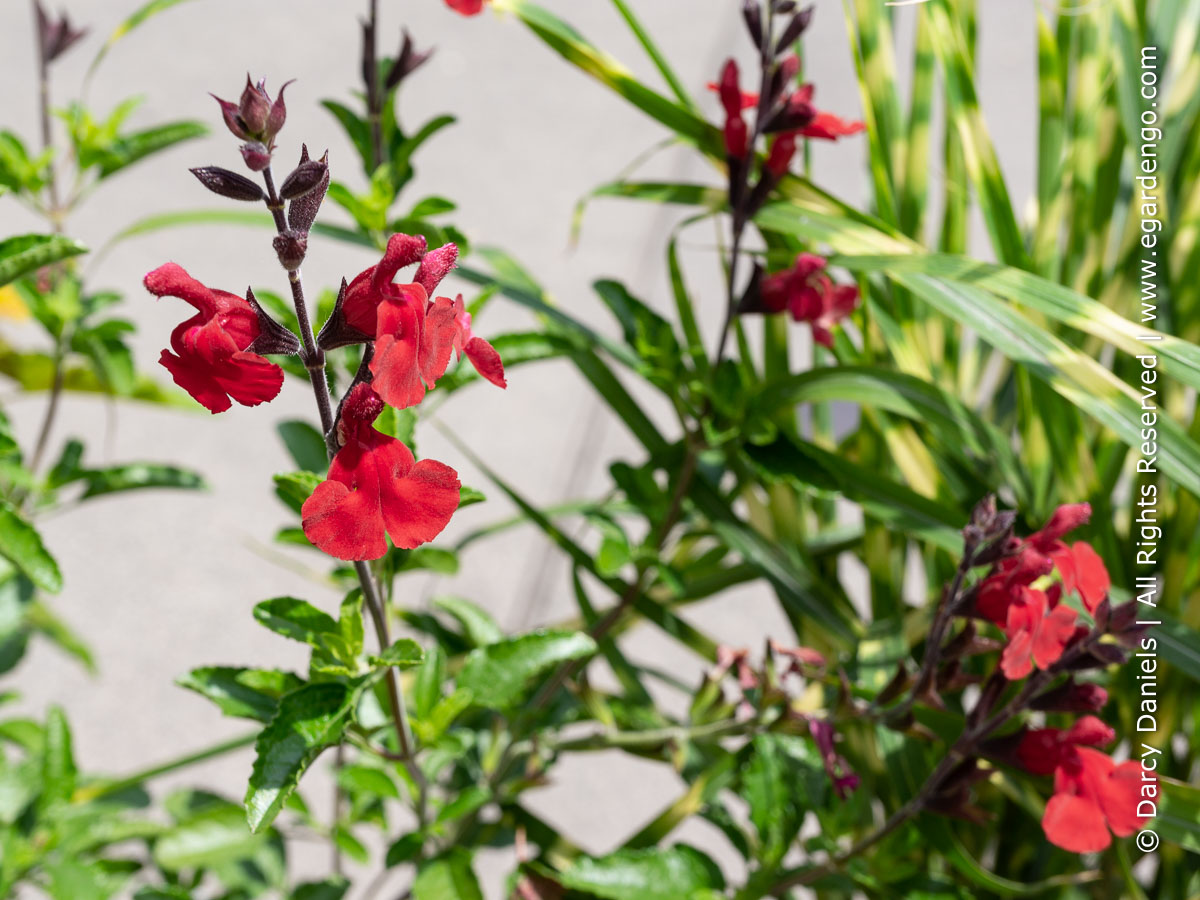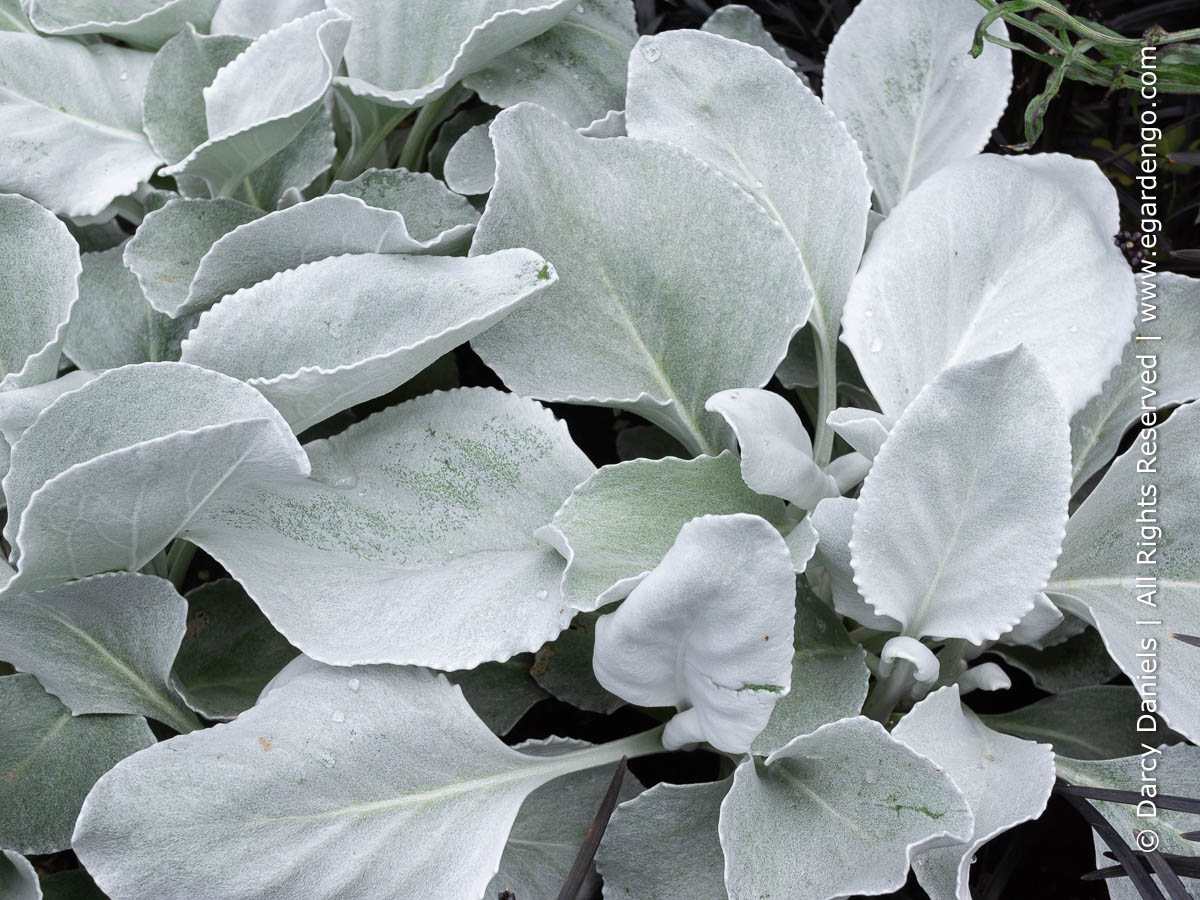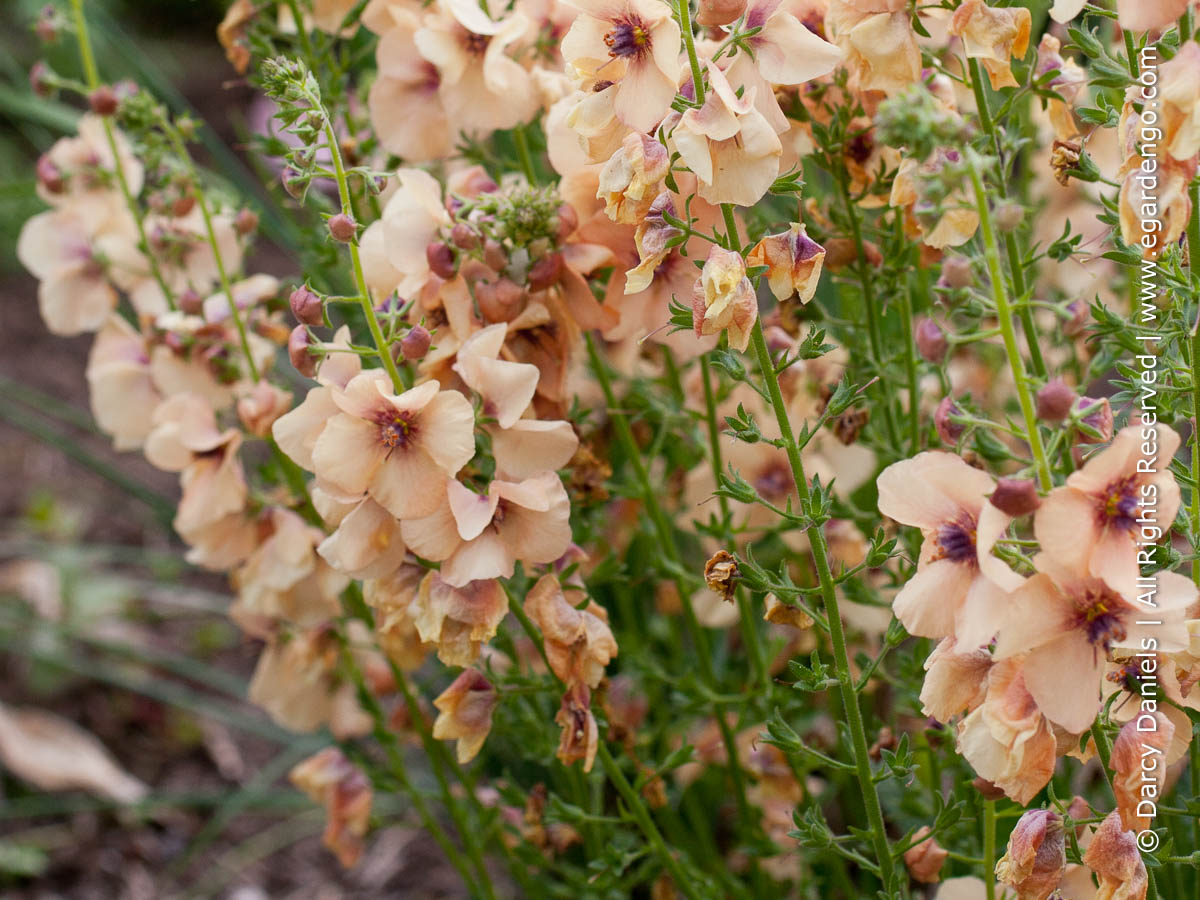Many a gardener has discovered through trial and error that getting the spacing between plants right—especially the first time—can be a challenge.
I vividly recall a visit with an avid gardener who’d asked me to consult with her about making edits to a maturing garden. She had an excellent eye for outstanding plants and her garden contained many of my all-time favorites—ones I know, love, and use in my home garden as well as client gardens.
But this story, unfortunately has a sad ending. In early days of laying out her garden, she’d planted a Stewartia pseudocamellia, Stewartia monadelpha, and several more wonderful trees and large shrubs that I can’t precisely recall from this distance, all in a small back yard. By the time I visited, they’d been in-ground for several years and were beginning to really come into their own, strutting their stuff and showing off the qualities for which they’d been chosen.
Sadly, the pair of Stewartias had been planted too close together for both to remain, and they were too big at this point to move, so one of them needed to be removed. She was heartbroken—these are slow-growing trees, and she’d invested years into growing them.
Here’s how you can avoid finding yourself in a similarly difficult spot. When I’m deciding on how much distance to leave between my slow-growing-but-eventually-awesome
plants, I take into consideration their mature size and leave enough room so that my “forever” plants can remain, even when they reach maturity.
But patience is hard and I’m all for unbridled enthusiasm — gardening’s supposed to be fun, right? After I’ve properly spaced my forever plants, I’m left with some pretty wide-open spaces. Trick is, they’re not actually open, just temporarily vacant. So, now for the fun part: in those in-between bits, I play, using right-for-now plants, plants that I’ll enjoy and have fun with, but which I know full well are not part of the forever plan.
Gardens can tend to get muddled over time as plants grow, and in Pacific Northwest gardens, they grow a lot. Editing my garden is a way to bring my original vision back into focus and these edits are a lot less perplexing when I’m simply executing on my original vision. I can relax and have fun, knowing that when one of my right-for-now plants dies or needs to be removed, I can make the change without remorse. It’s all part of the plan — no failure, just the natural evolution of a garden. Within this frame, I have the confidence to make the big and small changes that make each garden unique, and have a blast doing it.
A Real Life Example of Applying "Forever vs. For Now' in My Garden
Forever Plants
What constitutes a forever plant? Typically trees and large shrubs and other structure-making plants the create the outline of your garden, but really any plant that you’d feel bad about losing, would be difficult to move or replace, and would leave a hard-to-fill gap if absent. Bottom line: any plant that would break your heart or disrupt your garden if it were gone. There are also some plants are just darn slow to take their place in the garden but are well worth planting and waiting for.
Acer palmatum 'Fireglow'
Fireglow Japanese Maple
Type:
Tree
Exposure:
Filtered Sun, Full Sun, Morning Sun, Part Sun
Zone:
5, 6, 7, 8
Acer palmatum 'Seiryu'
Seiryu Japanese Maple
Type:
Tree
Exposure:
Open Shade, Part Sun, Filtered Sun, Morning Sun, Part Shade
Zone:
5, 6, 7, 8
Acer shirasawanum 'Autumn Moon'
Autumn Moon Maple
Type:
Tree
Exposure:
Part Sun, Part Shade, Morning Sun, Filtered Sun, Open Shade, Open Shade
Zone:
5, 6, 7, 8
Arctostaphylos x 'Austin Griffiths'
Austin Griffith Manzanita
Type:
Shrub
Exposure:
Afternoon Sun, Full Sun, Reflected Heat
Zone:
10, 7, 8, 9
Cedrus deodara 'Silver Mist'
Silver Mist Deodar Cedar
Type:
Conifer, Shrub
Exposure:
Full Sun
Zone:
6, 7, 8, 9
Cercis canadensis 'Forest Pansy'
Forest Pansy Eastern Redbud
Type:
Tree
Exposure:
Full Sun, Full Sun, Part Sun, Afternoon Sun, Morning Sun, Filtered Sun, Open Shade, Open Shade
Zone:
5, 6, 7, 8, 9
Chamaecyparis nootkatensis 'Green Arrow'
Weeping Alaskan Yellow Cedar
Type:
Conifer, Tree
Exposure:
Full Sun, Full Sun, Part Sun, Part Shade, Filtered Sun, Open Shade, Open Shade
Zone:
4, 5, 6, 7, 8
Cryptomeria japonica 'Rein's Dense Jade'
Rein's Dense Jade Japanese Cedar
Type:
Conifer, Tree
Exposure:
Full Sun, Full Sun, Part Sun, Part Shade, Morning Sun, Filtered Sun, Open Shade, Open Shade
Zone:
5, 6, 7, 8
Cupressus glabra 'Chaparral'
Chaparral Arizona Cypress
Type:
Conifer
Exposure:
Full Sun
Zone:
5, 6, 7, 8, 9
Edgeworthia chrysantha
Oriental Paperbush
Type:
Shrub
Exposure:
Morning Sun, Filtered Sun, Open Shade
Zone:
7, 8, 9
Heptacodium miconioides
Seven Sons Flower
Type:
Shrub
Exposure:
Full Sun, Part Sun, Part Shade, Filtered Sun, Morning Sun, Open Shade
Zone:
6, 7, 8, 9
Hydrangea quercifolia 'Sike's Dwarf'
Sike's Dwarf Oakleaf Hydrangea
Type:
Shrub
Exposure:
Filtered Sun, Full Shade, Full Sun, Morning Sun, Open Shade, Part Shade, Part Sun
Zone:
5, 6, 7, 8, 9
Lagerstroemia x 'Natchez'
Crape Myrtle Natchez
Type:
Shrub, Tree
Exposure:
Afternoon Sun, Full Sun, Reflected Heat
Zone:
10, 6, 7, 8, 9
Mahonia x media 'Charity'
Hybrid Mahonia
Type:
Shrub
Exposure:
Morning Sun, Filtered Sun
Zone:
7, 8, 9, 10
Schefflera taiwaniana 'Yuan Shan'
Hardy Schefflera
Type:
Shrub
Exposure:
Full Sun, Full Sun, Part Sun, Morning Sun, Open Shade, Open Shade
Zone:
7, 8, 9, 10
Stewartia monadelpha
Orangebark Stewartia, Tall Stewartia
Type:
Tree
Exposure:
Part Sun, Part Shade, Morning Sun, Filtered Sun, Open Shade, Open Shade
Zone:
6, 7, 8
Stewartia pseudocamellia
Japanese Stewartia
Type:
Tree
Exposure:
Full Sun, Part Sun, Part Shade, Filtered Sun, Open Shade, Open Shade
Zone:
5, 6, 7, 8
Taxus x media 'Bean Pole'
Bean Pole Yew
Type:
Conifer, Shrub
Exposure:
Full Sun, Full Sun, Part Sun, Part Shade, Full Shade, Full Shade, Morning Sun, Filtered Sun, Open Shade, Open Shade
Zone:
4, 5, 6, 7, 8, 9
Trachycarpus fortunei
Windmill Palm
Type:
Shrub, Tree
Exposure:
Full Sun, Full Sun, Afternoon Sun
Zone:
7, 8, 9
Yucca rostrata 'Sapphire Skies'
Sapphire Skies Beaked Blue Yucca
Type:
Perennial
Exposure:
Full Sun, Full Sun, Afternoon Sun, Reflected Heat
Zone:
7, 8, 9, 10
Right—For Now
Though fun-loving and life of the party, some plants can’t be counted on to stick around, but they’re great fillers while you wait for the more permanent plantings to mature. It’s a great time be loose and have fun, growing things that you won’t likely have enough room or sun for later. Other plants, such as blue fescue or lavender, are notoriously short-lived and best replaced periodically with fresh plants to keep the overall design looking good.
Abutilon 'Nuabtang'
ABUTILON LUCKY LANTERN™ TANGERINE
Type:
Tender Perennial
Exposure:
Full Sun, Morning Sun
Zone:
10, 11, 8, 9
Begonia 'Canary Wing'
Canary Wing Begonia
Type:
Annual or Biennial, Tender Perennial
Exposure:
Full Shade, Morning Sun, Open Shade
Zone:
10, 11, annual, tender perennial
Calamagrostis x acutiflora 'Avalanche'
Avalanche Feather Reed Grass
Type:
Grass / Grass-Like
Exposure:
Full Sun, Full Sun, Part Sun, Afternoon Sun
Zone:
5, 6, 7, 8, 9
Canna indica 'Phasion'
Tropicanna Canna
Type:
Bulb / Corm / Tuber, Perennial
Exposure:
Full Sun, Full Sun, Part Sun, Afternoon Sun
Zone:
7, 8, 9, 10, 11
Cordyline x 'JURed'
Festival Burgundy Cordyline
Type:
Grass / Grass-Like, Tender Perennial
Exposure:
Filtered Sun, Morning Sun
Zone:
10, 11, 8, 9
Erysimum 'Winter Orchid'
Hybrid Wallflower
Type:
Perennial
Exposure:
Full Sun, Full Sun, Part Sun, Afternoon Sun
Zone:
7, 8, 9
Festuca glauca 'Elijah Blue'
Elijah Blue Fescue
Type:
Grass / Grass-Like, Perennial
Exposure:
Full Sun, Full Sun, Part Sun, Afternoon Sun, Reflected Heat
Zone:
4, 5, 6, 7, 8, 9
Gaura lindeheimeri 'Kleau04263' Belleza™ Dark Pink
Belleza™ Dark Pink Wand Flower
Type:
Perennial
Exposure:
Afternoon Sun, Full Sun, Reflected Heat
Zone:
7, 8, 9
Helictotrichon sempervirens 'Sapphire'
Sapphire' Blue Oat Grass
Type:
Grass / Grass-Like, Perennial
Exposure:
Full Sun, Full Sun, Part Sun, Afternoon Sun, Filtered Sun
Zone:
4, 5, 6, 7, 8, 9
Heuchera 'Plum Pudding'
Plum Pudding Heuchera, Coral Bells
Type:
Perennial
Exposure:
Part Sun, Part Shade, Morning Sun, Filtered Sun, Open Shade, Open Shade
Zone:
4, 5, 6, 7, 8, 9
Lavandula angustifolia 'Hidcote'
Hidcote English Lavender
Type:
Perennial
Exposure:
Full Sun, Full Sun, Afternoon Sun, Reflected Heat
Zone:
5, 6, 7, 8, 9
Pennisetum setaceum 'Rubrum'
Purple Fountain Grass
Type:
Annual or Biennial, Annual or Biennial, Grass / Grass-Like, Tender Perennial
Exposure:
Zone:
8, 9, 10, 11
Salvia greggii 'Radio Red'
Radio Red Autumn Sage
Type:
Perennial
Exposure:
Full Sun, Full Sun
Zone:
7, 8, 9
Senecio candicans 'Senaw'
Angel Wings Senecio
Type:
Perennial, Tender Perennial
Exposure:
Filtered Sun, Full Sun, Morning Sun
Zone:
10, 11, 8, 9, tender perennial
Verbascum 'Jackie'
Jackie Dwarf Mullein
Type:
Perennial
Exposure:
Afternoon Sun, Full Sun
Zone:
5, 6, 7, 8, 9
Our planting plans will help you get the spacing right between your "forever" plants.


